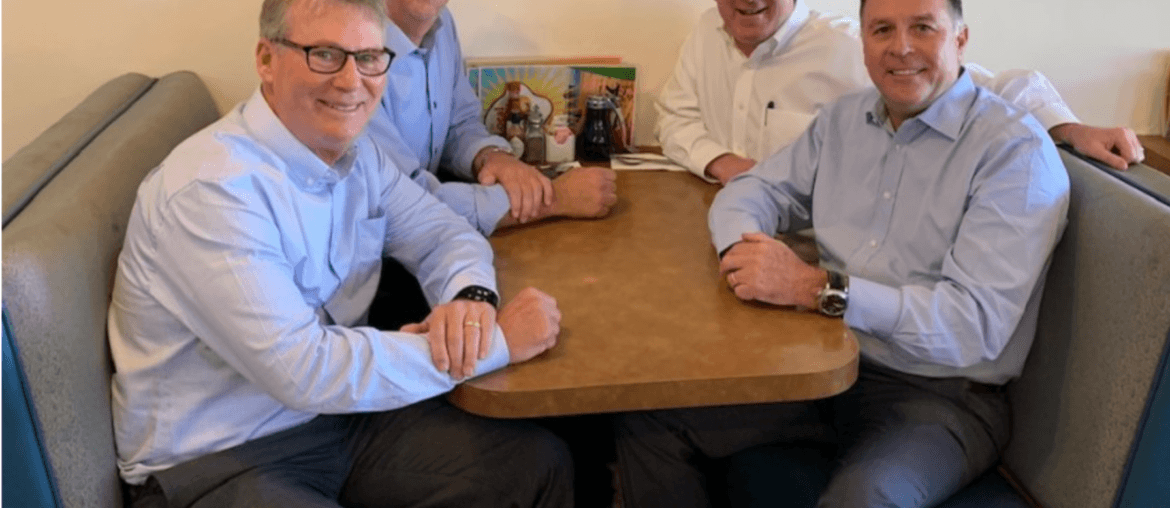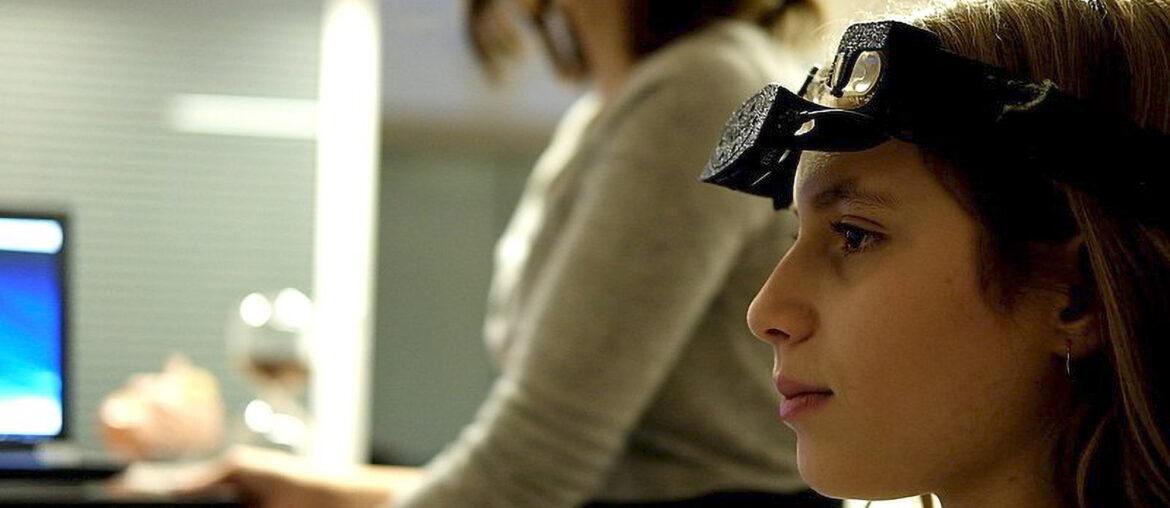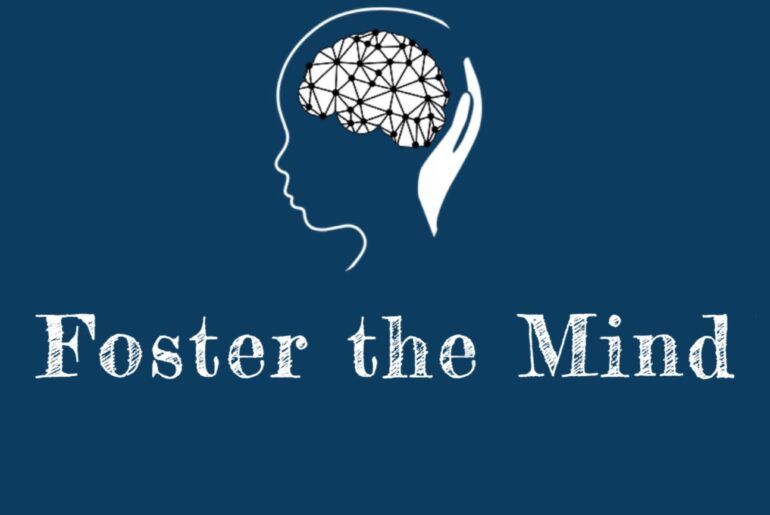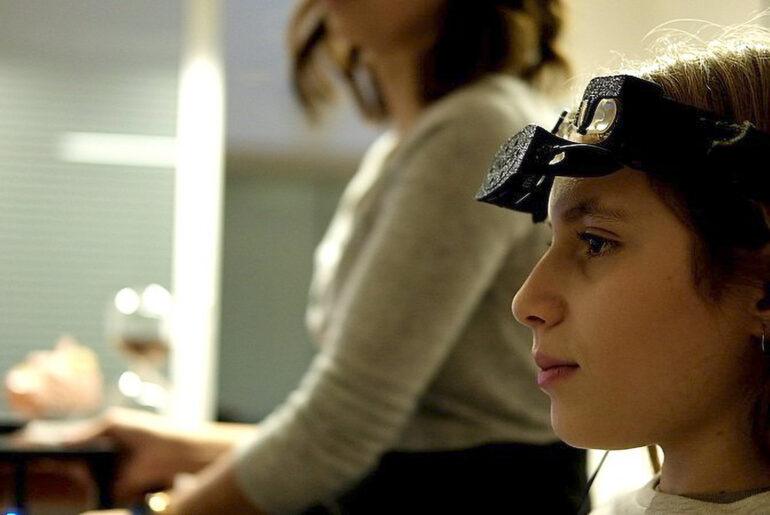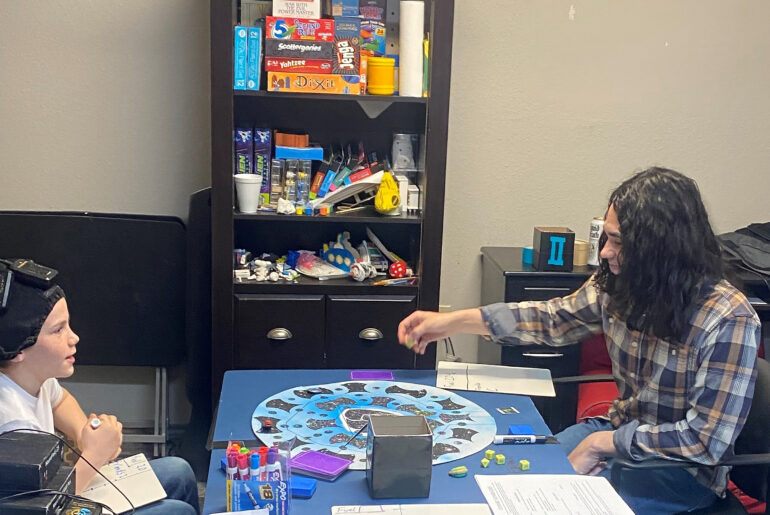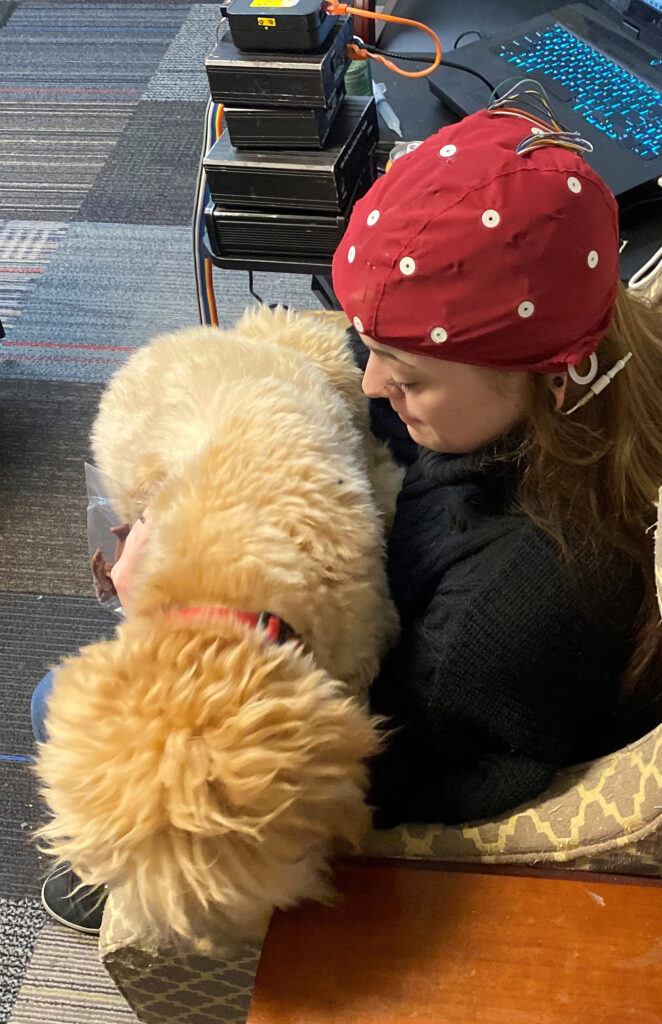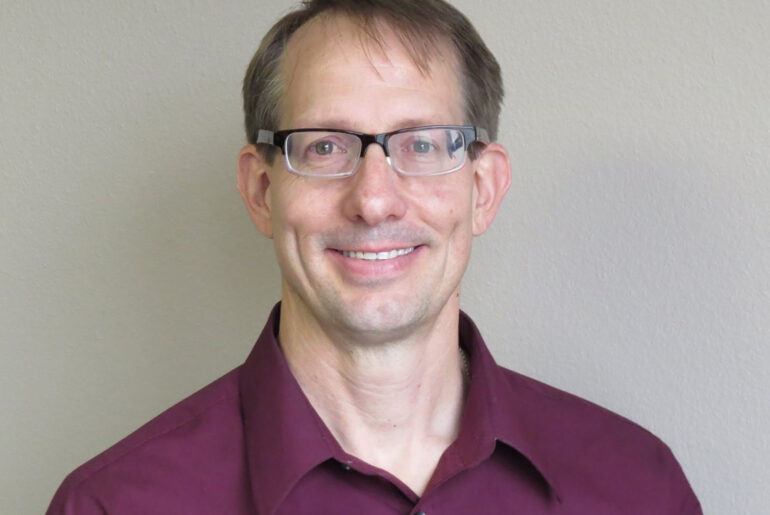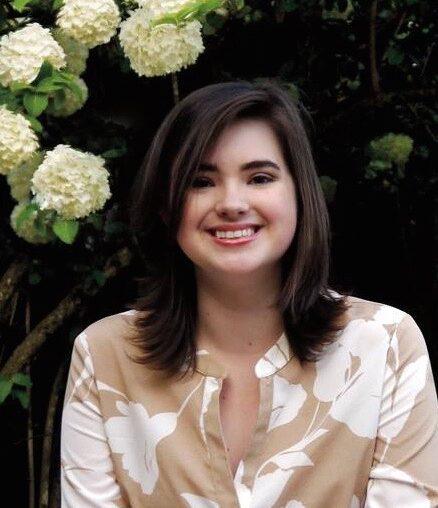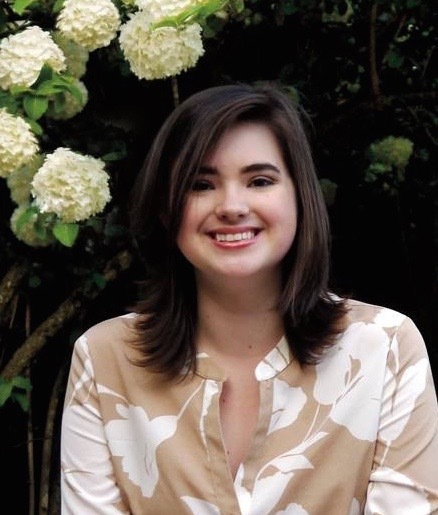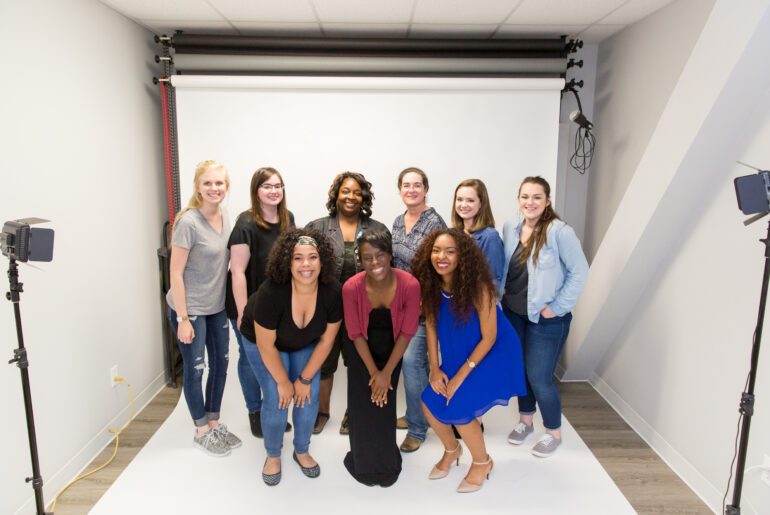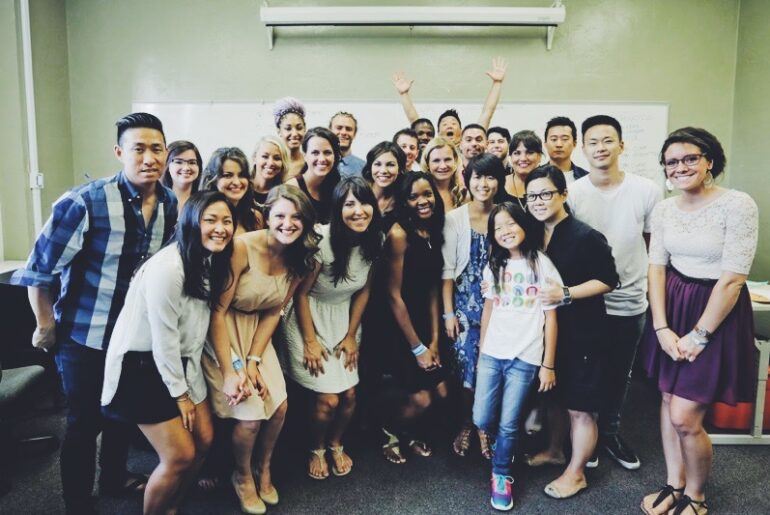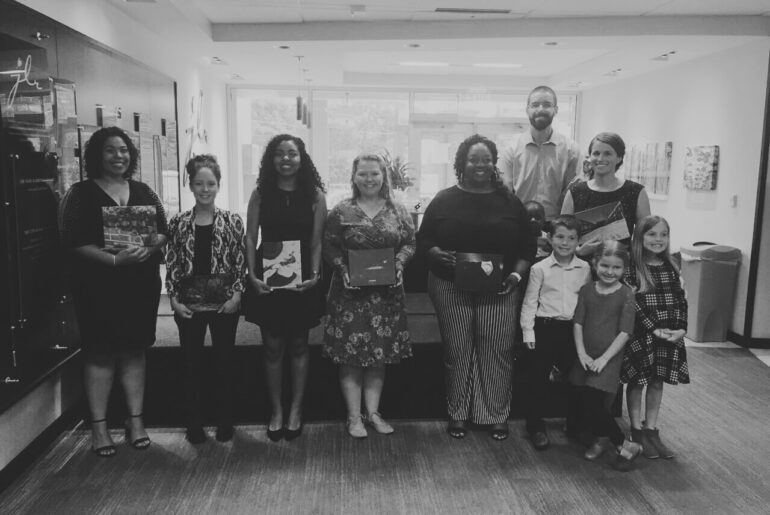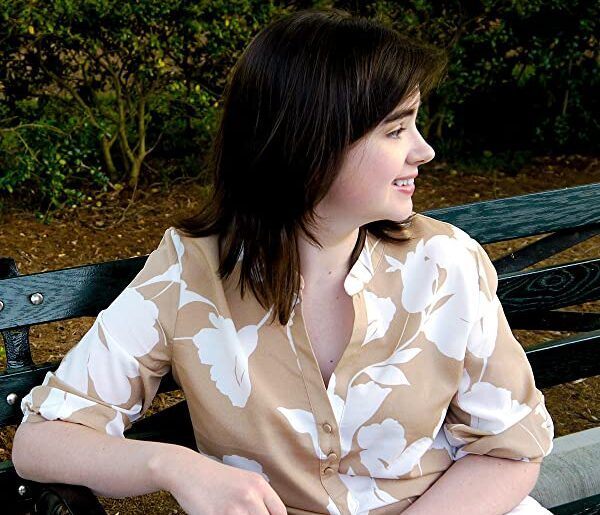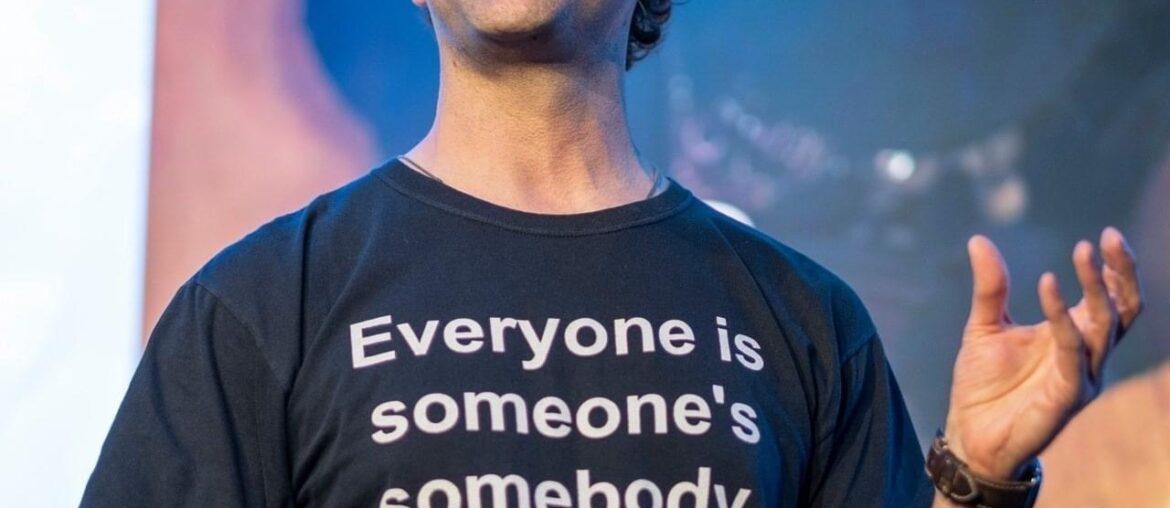Welcome to Season 4 of the Charity Matters Podcast. We are thrilled to continue bringing the best humans on earth to share their journeys in service to others. So grateful for your continued belief in good.
Since we are at that crazy time of year when summer blends into back to school we thought today’s guest would be the perfect person to launch our new season. Natalie Silverstein is a nonprofit founder and the author of a new book inspiring the next generation of philanthropist. We are thrilled to have her share her journey in philanthropy and in raising philanthropic children.
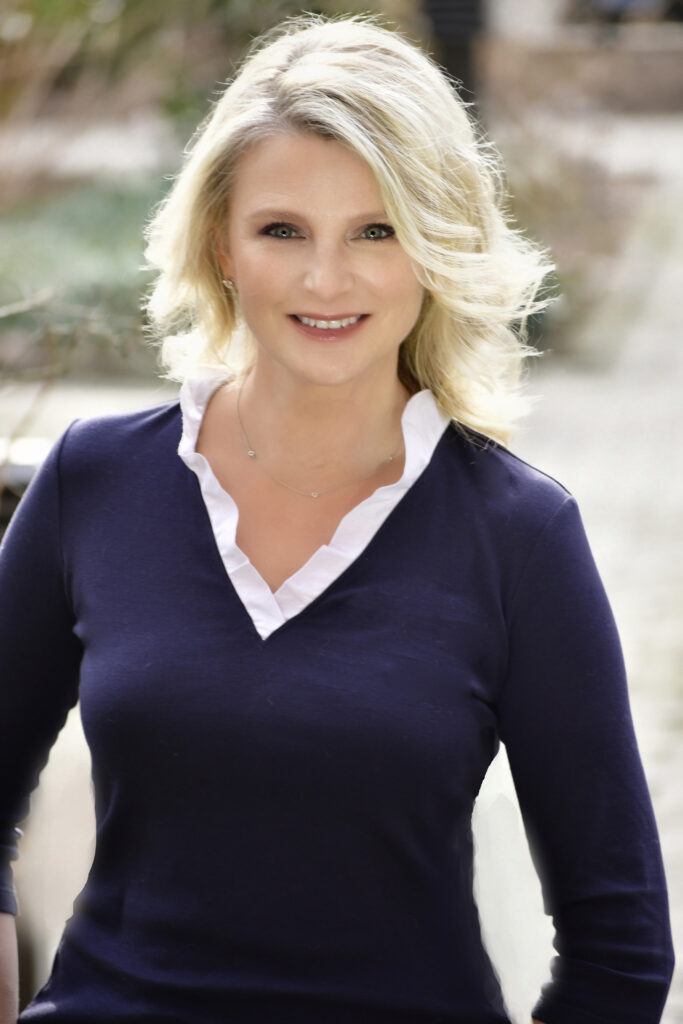
Join us for a terrific conversation about her journey starting a nonprofit for Parkinsons to writing a book to inspire others to serve. Natalie is pure sunshine in a bottle and just what we need to get inspired for a new school year. More importantly, her new book, Simple Acts: The Busy Teen’s Guide to Making a Difference is inspiration for the entire family.
Here are a few highlights from our conversation:
Charity Matters: Growing up did you have a philanthropic family?
Natalie Silverstein: My parents were immigrants from Ukraine, they actually met in a displaced persons camp, which is what we would call a refugee camp today. They both came over to the United States after the war, in 1949, and they married in 1950. I’m a first generation American, I’m very much a Ukrainian American.
As immigrants without very much education, they gave back to their church. They gave to other Ukrainians who were coming over to get settled. They very much volunteered and participated by giving so much to their church community because that was really foundational for them.
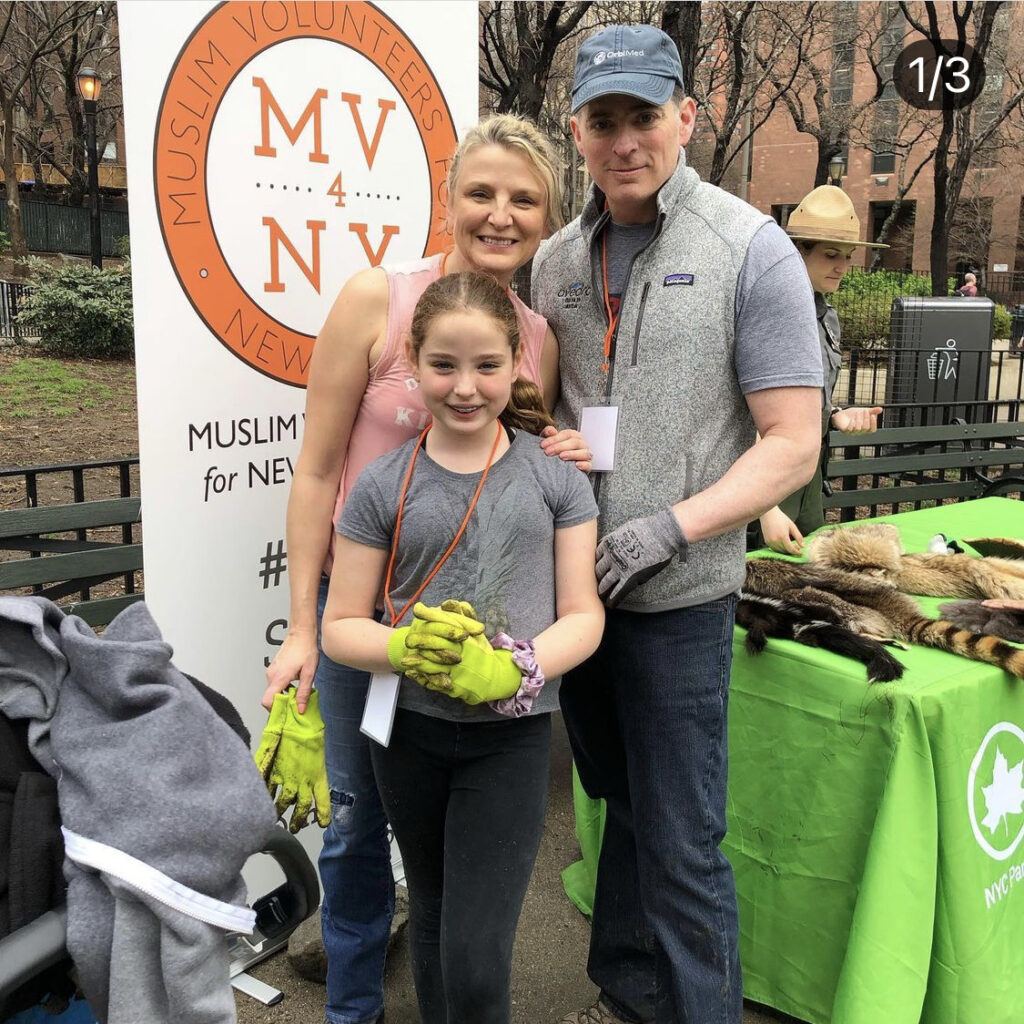
Charity Matters: Tell us about the journey from growing up to starting a nonprofit?
Natalie Silverstein: I think I always wanted to do something where I was helping people. So as I was coming up through high school and into college, I decided to study health policy and administration. I wanted to work in a healthcare environment where I could help people. After getting my Masters Degree, I had a 15 year career in health care, hospitals and managed care companies. That sort of thing was sort of foundational to this other work that I’m doing.
I decided to stay home and focus on raising my kids and all of that. And at some point in those years, this work of becoming sort of an expert/resource for people who want to do service in their community really started to develop. Then simultaneously, we found out that my young husband was diagnosed with Parkinson’s disease.
Charity Matters: What was the moment you knew you needed to act and start the Silverstein Foundation?
Natalie Silverstein: My husband has a particularly unique sort of genetic form of Parkinson’s. He said to me, “You know what, I have all of these friends in research and in science and in venture capital, I think we should start a foundation.” I have a background in running health care companies and I worked for nonprofits which was sort of a funny synergy. You know, it was sort of like two people that had this terrible thing happen. Yet, we decided to turn that around and try and make something positive out of it. So we founded this foundation for Parkinson’s with GBA, The Silverstein Foundation. Our mission is to fund research to find a cure for Parkinsons but more specifically for Parkinson’s with GBA.
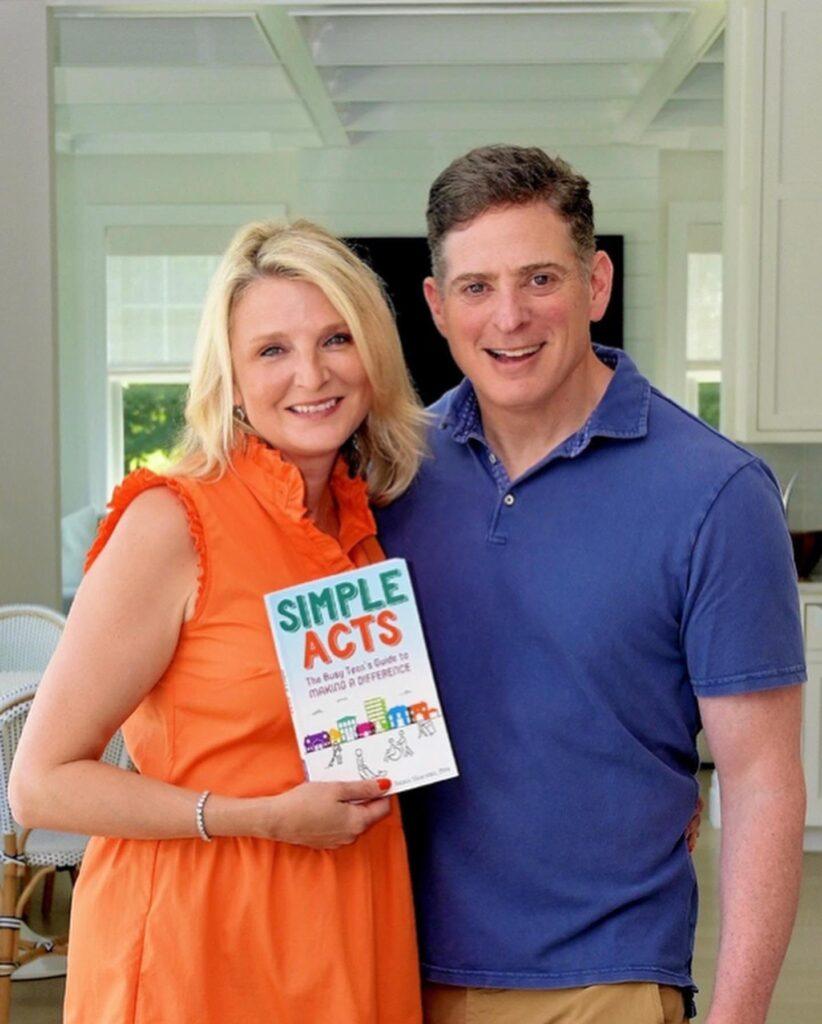
Charity Matters: Tell us what success you have had and what your impact has been?
Natalie Silverstein: Since March of 2017, we have made 35 research grants being made through partnerships with biotech and pharmaceutical companies to find a cure for this disease. My husband had worked in healthcare venture capital, mostly focused on funding companies that were doing research into rare diseases. He could have taken this news and just feel sad but we also became sort of energized.
We said, “If there’s a solution to be had, if we can accelerate research into finding a cure, why would we not do that?” There are so many of these stories where people are faced with this very, very difficult news. They could turn that inward, and they could get sad and feel sorry for themselves. Or you could turn it outward and say, “What small thing what, what kind of legacy might I leave, if I could move the needle, even a couple of inches?”
Charity Matters: How did you go from nonprofit founder to Author?
Natalie Silverstein: Let’s just be really honest, life is what happens while you’re making other plans. When my kids were little and I’m here trying like hell to raise them to be grateful, grounded empathetic kind people. At the end of the day, that’s the most important thing that we can do as parents. I was desperate to find opportunities to volunteer in our community. We live in New York City. So I was just flabbergasted that there weren’t a lot of nonprofits that were welcoming us with open arms.
I decided to figure out a way to create a database or a listing or something to help families like mine. And I partnered with an organization called Doing Good Together. They’re based in Minneapolis. I reached out to the founder and said, “I’m flabbergasted that I can’t find opportunities here in New York City. Just like a straight listing of places that would accept us. And I want to start doing that.”
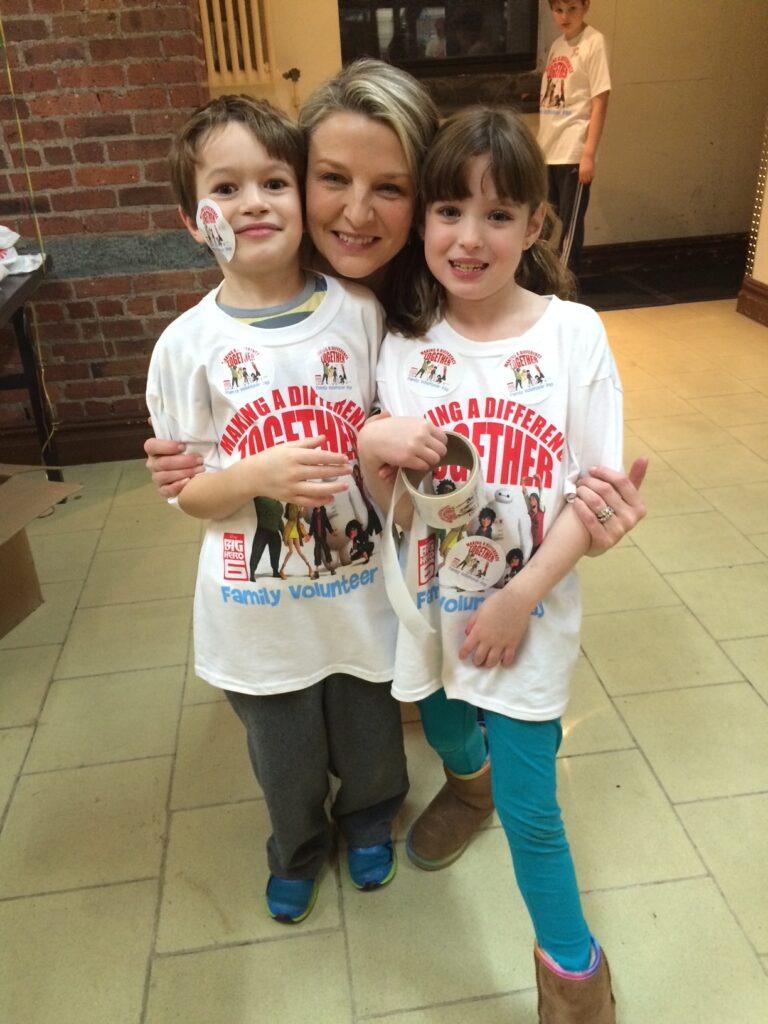
She said, ” I’ve been dreaming of sort of franchising this idea and sending, Doing Good Together branches all over the country, and you would be the first. So sometimes, there are no coincidences. I launched the first regional branch of Doing Good Together. I’ve been doing that for nine or 10 years, and I curate a listing of family friendly volunteer opportunities, that is pushed out to subscribe 1000s of subscribers every single month. It’s how I learned about organizations and volunteer work that we can do in the five boroughs of Manhattan of New York.
So I said to myself after I became this lady in my community, this kind of free resource. “Hmm, seems like there’s a book here”. If you look out in the world of literature of parenting guides and things, there really aren’t very many. I did a little competitive analysis and I’ve always been a writer. So, I put together a proposal and somebody bought it. The first book kind of magically happened in 2019. Now my second book, Simple Acts: A Busy Teen’s Guide to Making a Difference.
Charity Matters: What do you hope your book accomplishes?
Natalie Silverstein: I hope that we can teach the importance of service to the next generation. There’s so much research around this that it is kind of staggering. We know that volunteers live longer, they are happier, they are less depressed and they are more connected. Young people who volunteer are more likely to stay in school. They’re more likely to do well academically and they’re less likely to engage in risky behaviors.
Young people who volunteer with friends are more likely to continue to want to do that. Young people, children and young adults who volunteer with their families are more likely to do that, as adults with their families. We also know that when you do something nice for another person, even if that person doesn’t acknowledge it, or doesn’t know that it’s you, you get an endorphin rush. There is literally an adrenaline endorphin rush, it is similar to a runner’s high. They call it the helpers high, and it’s a real, physiological experience.
I don’t know why we wouldn’t want to give that gift to our children, and to our teens. Particularly right now, in terms of social isolation. Volunteering is a real way to connect with other people to look a person in the eye and have a conversation and learn about their life experience. It gives kids a worldview. It is just so vitally, vitally important. I can’t I can’t stress enough the benefits. I don’t think there are any downsides.
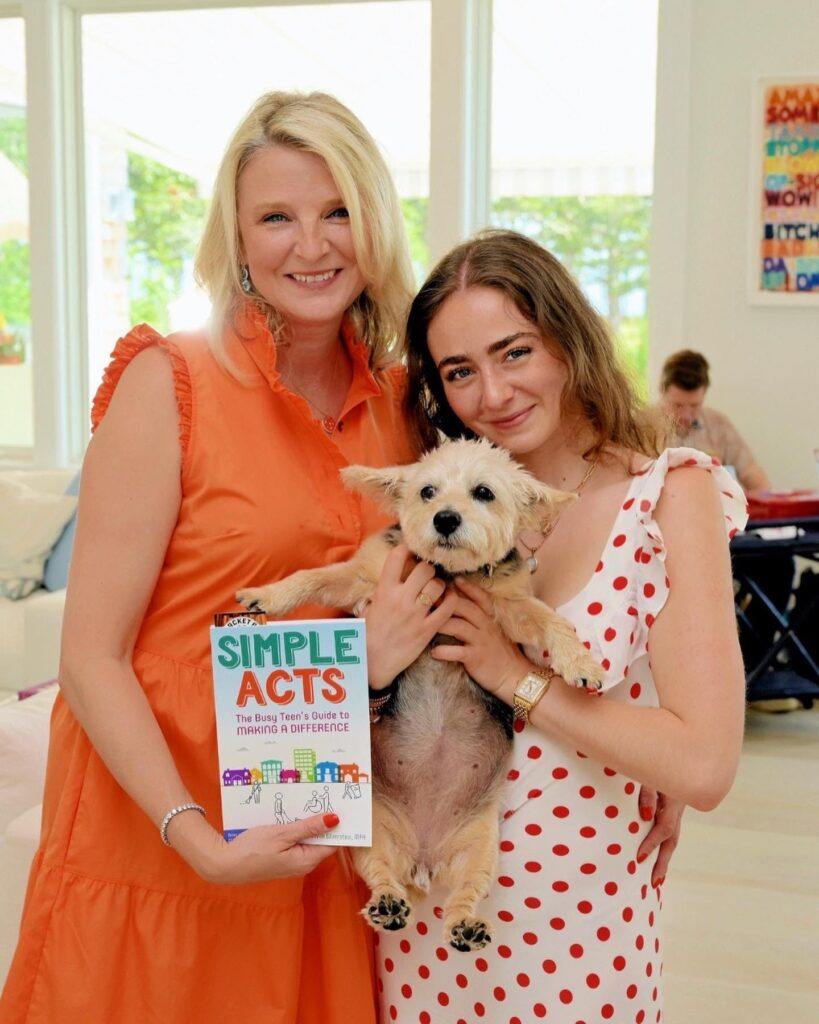
Charity Matters: How has this journey changed you?
Natalie Silverstein: I think that I have a lot more gratitude for my life. Certainly, and I appreciate so much the work that people do. You know, I’m also part of a couple of giving circles one here in New York City called the Impact 100. NYC which is a women’s giving circle. I am just blown away by the nonprofit’s that come to us with grant applications. We get to review and visit and then we give out one or two transformational grants of $100,000 each.
Over and over and you see this through your work on this podcast, that a person has a dream a person has an idea a person has a passion, something they’re concerned about something that has impacted them personally. Then they say what can I do to help? Somehow, they just make it happen on a shoestring with no money and no resources and no place. Regularly, I am blown away by the nonprofits that I have met through the giving circle, through my work with Doing Good Together, through my research from my books and through the organizations that we’ve personally gotten involved with as a family. When I look at these nonprofits that I’ve learned about over these years of doing this work, they give me hope.
Charity Matters: What life lessons have you learned from this experience?
Natalie Silverstein: You know, you mentioned earlier, we’re living in a really tough time. It is a very, very sad, sad world that we’re living in and so much that feels very helpless and hopeless. And you think to yourself, “What can I possibly do to affect any change and make this any better? ”
I hope if I can inspire even one teenager to say, “You know what, there is something I can do. I can’t change the whole world. But maybe there is one person that I can help today.” That could impact that person’s whole day, their week or their life. I just want people to know that they can do that, we call can.
CHARITY MATTERS.
New episodes are released every Wednesday! If you enjoyed today’s episode, please connect with us:
- www.Charity-Matters.com
- On IG @Charitymatters
- Post a screenshot & key takeaway on your IG story and tag me @heidijohnsonoffical and @Charitymatters so we can repost you.
- Leave a positive review on Apple Podcasts
- Subscribe to new episodes each week!
YOUR REFERRAL IS THE GREATEST COMPLIMENT, IF YOU ARE SO MOVED OR INSPIRED, WE WOULD LOVE YOU TO SHARE AND INSPIRE ANOTHER.
Copyright © 2022 Charity Matters. This article may not be reproduced without explicit written permission; if you are not reading this in your newsreader, the site you are viewing is illegally infringing our copyright. We would be grateful if you contact us.

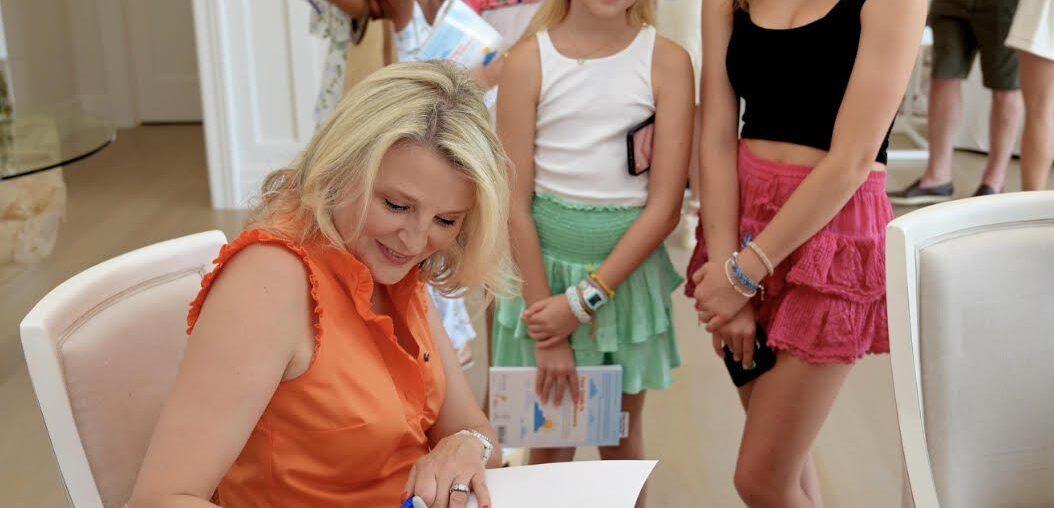


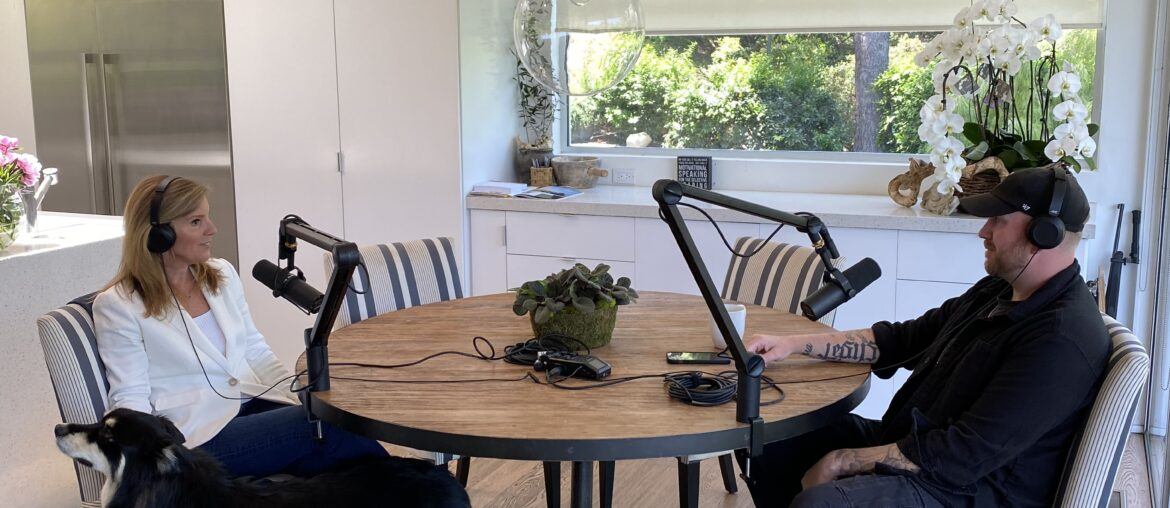
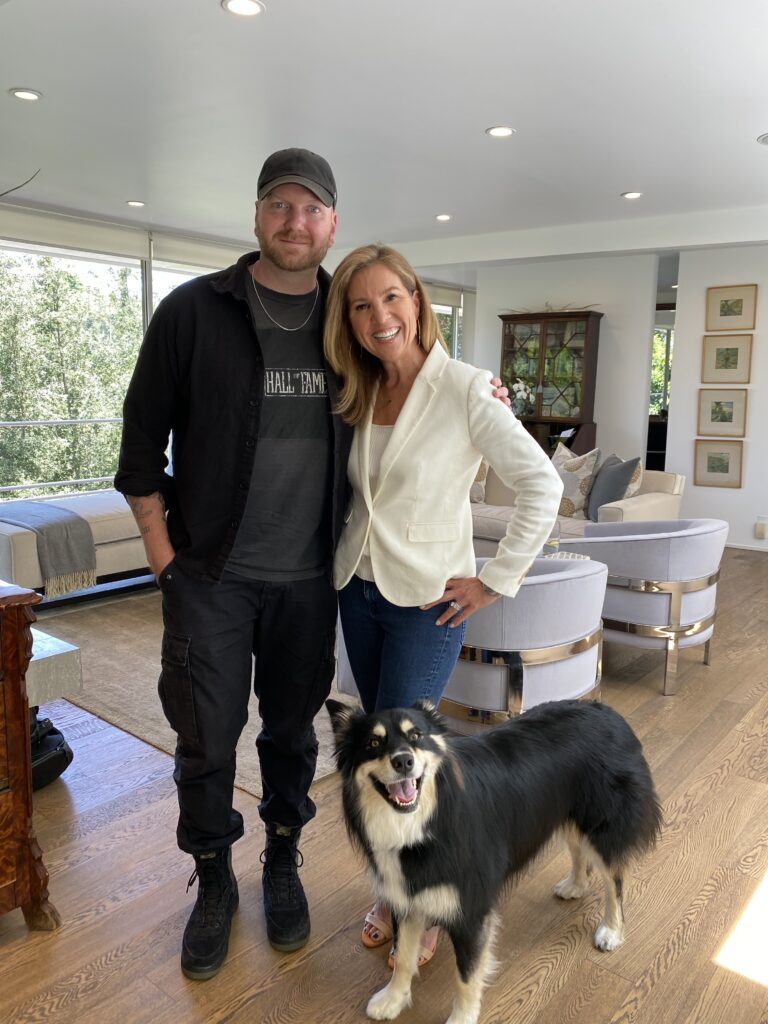
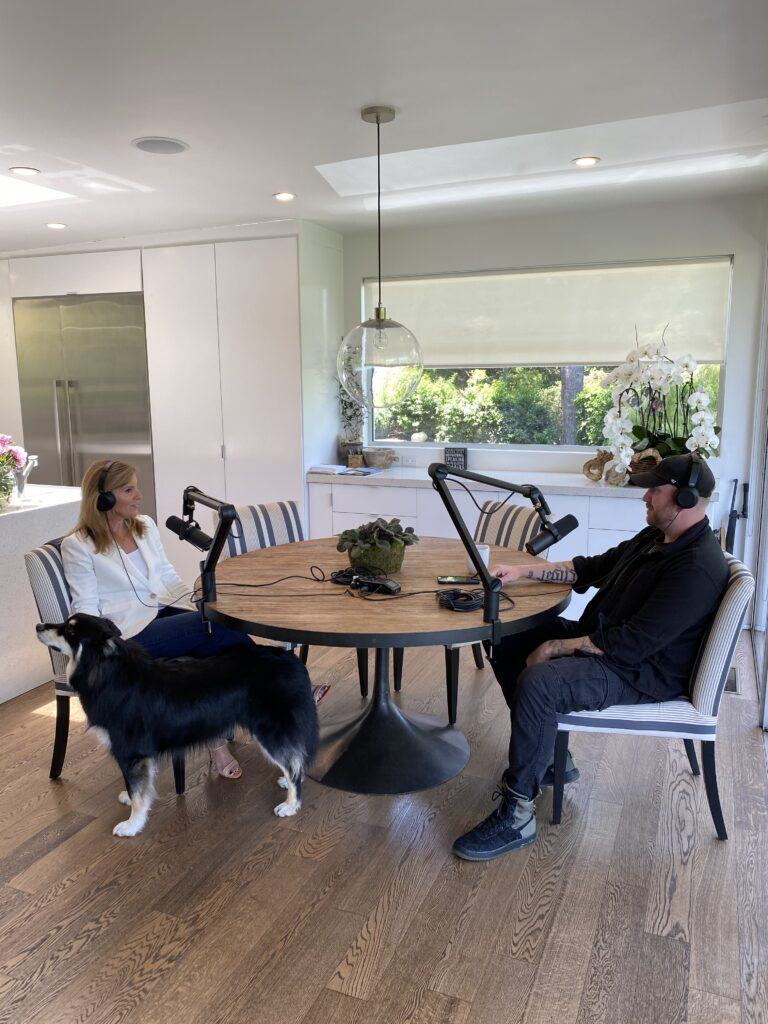

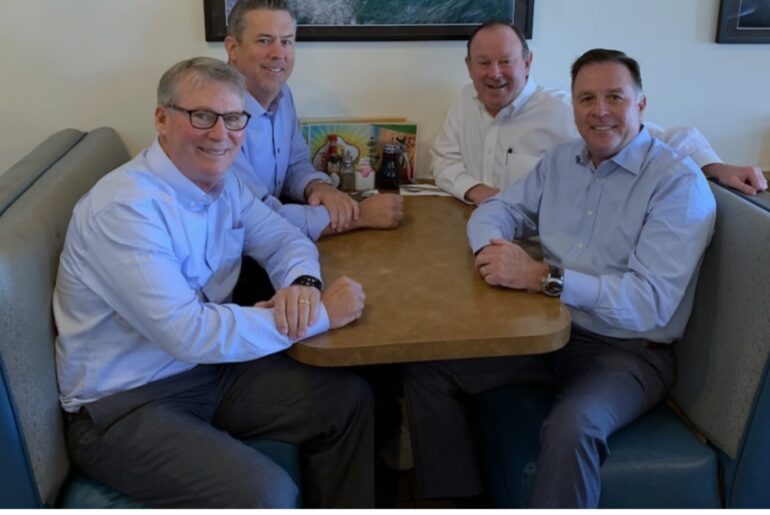
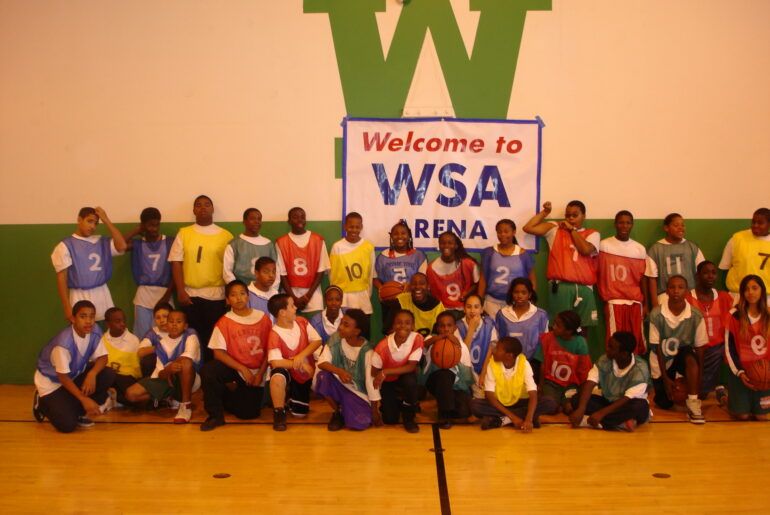



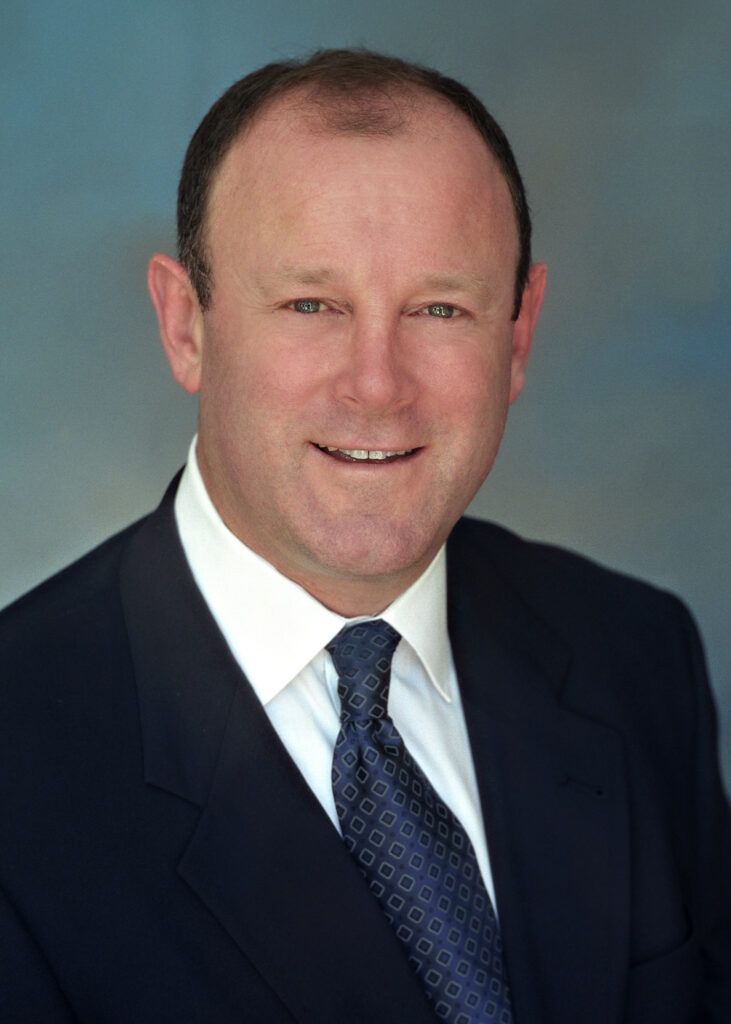
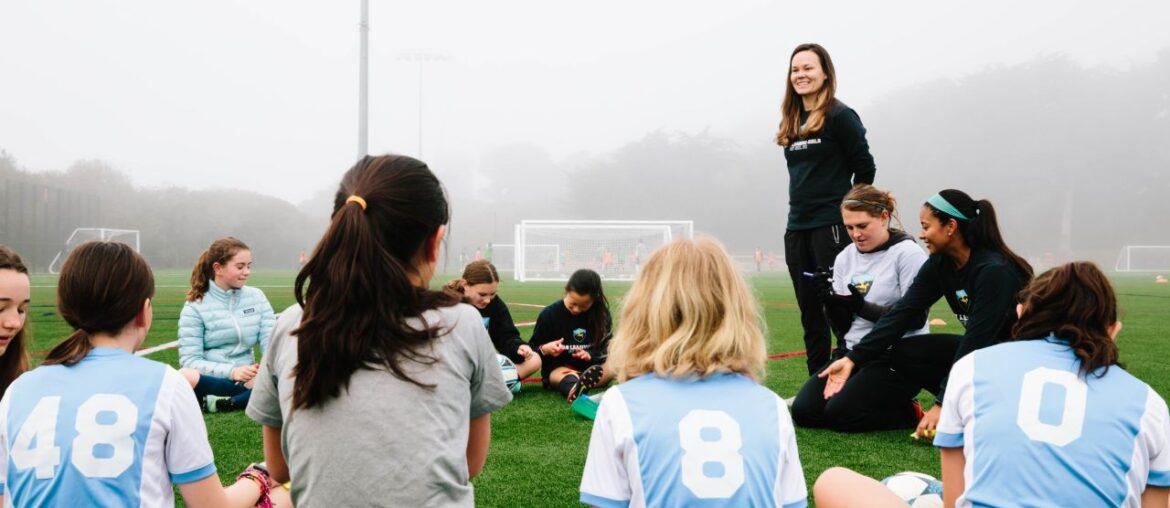
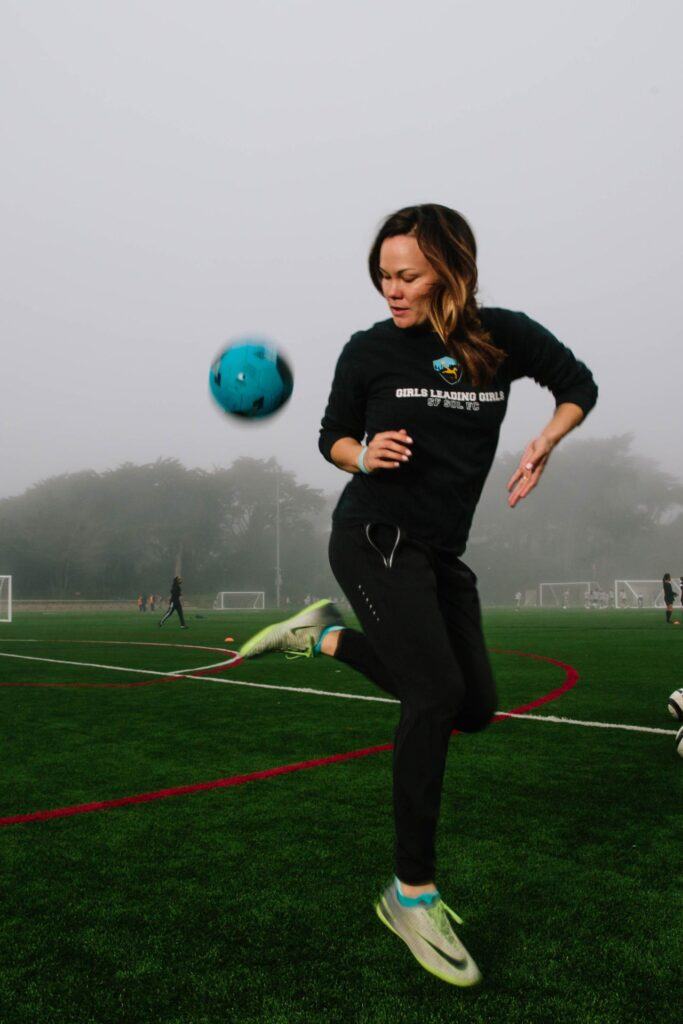
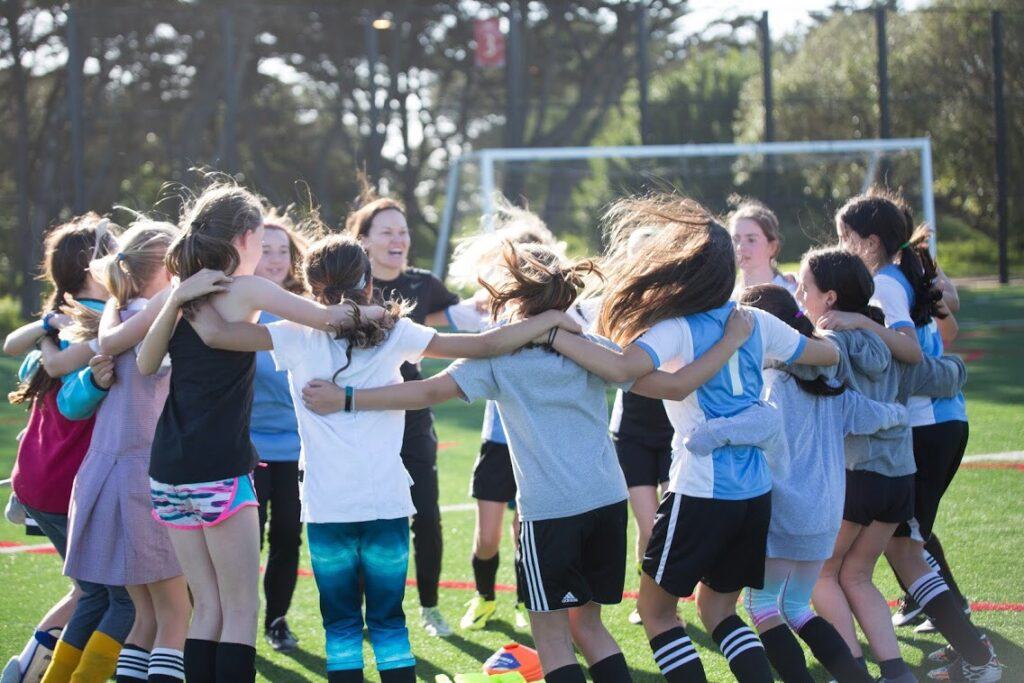
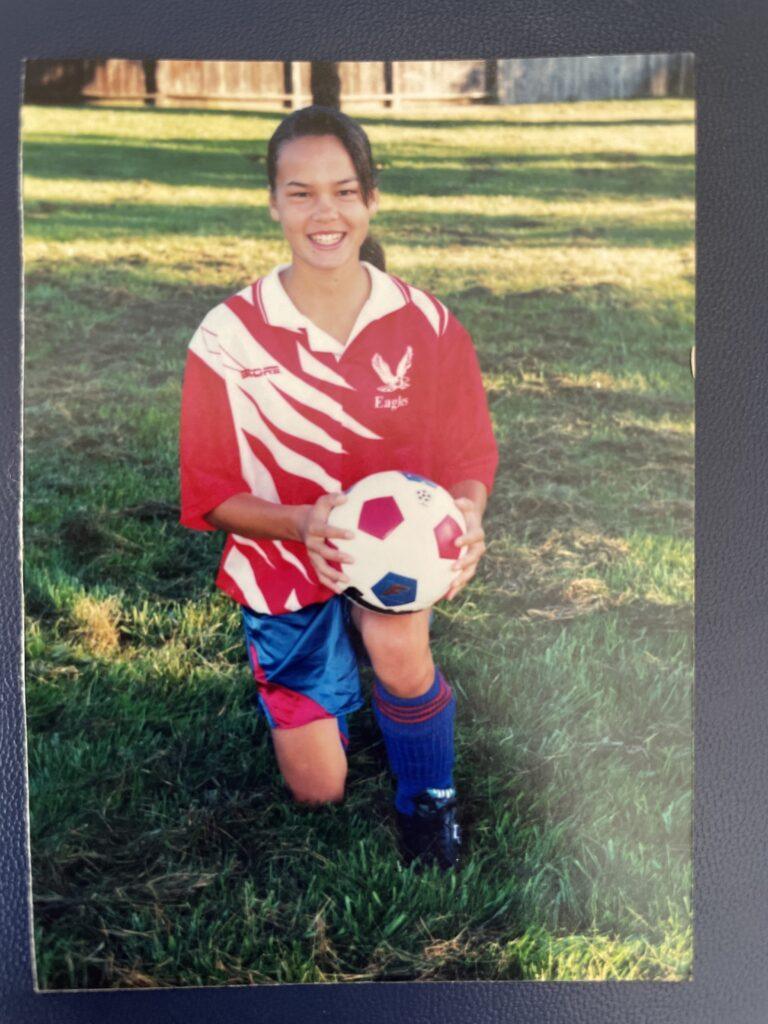
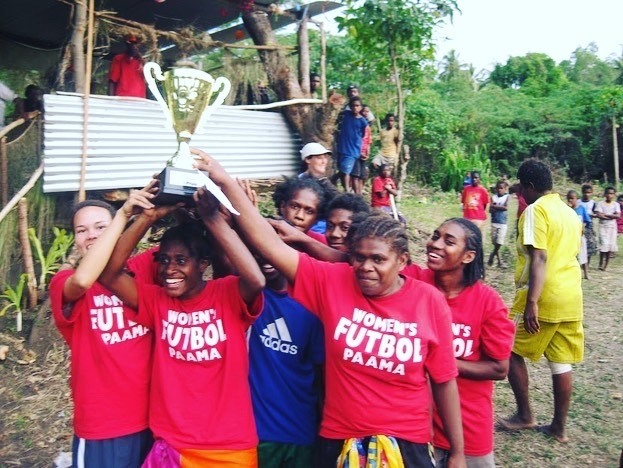
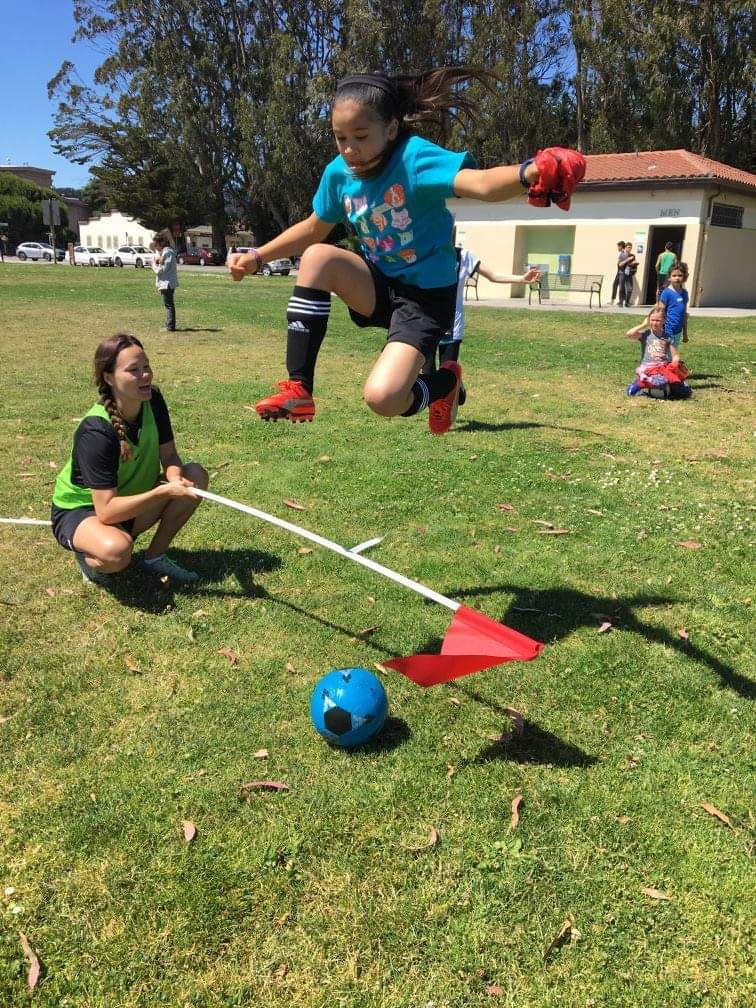
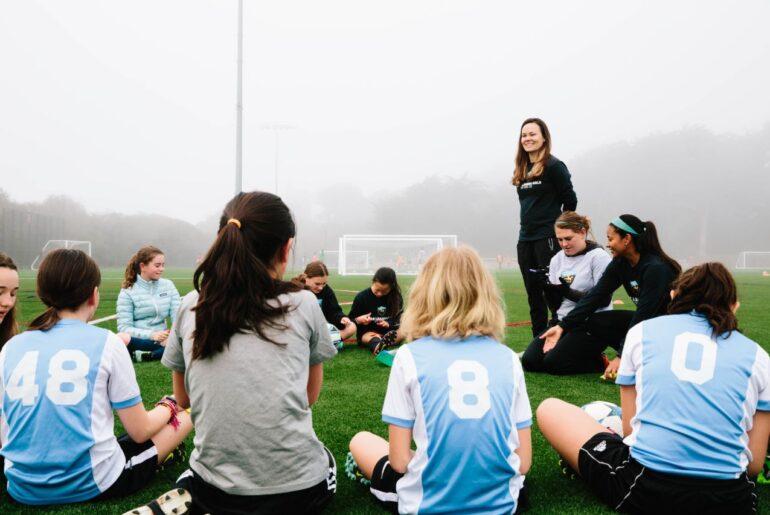
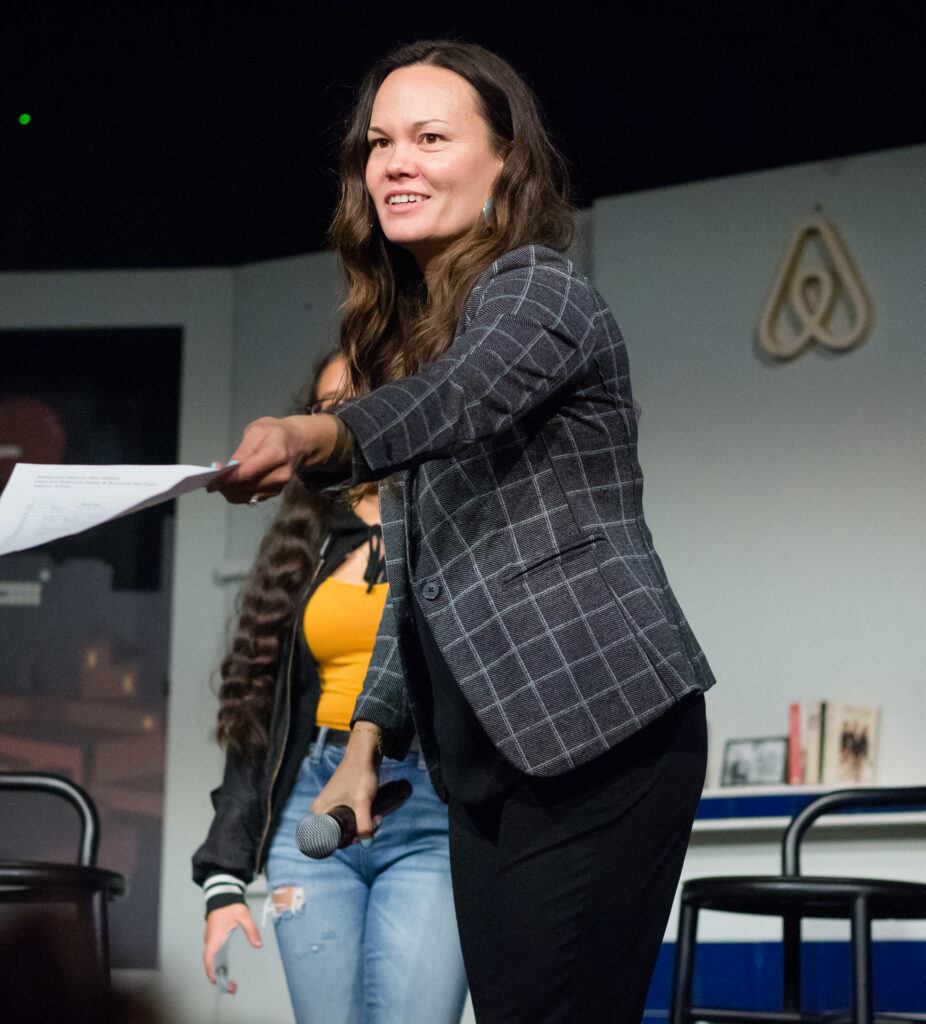
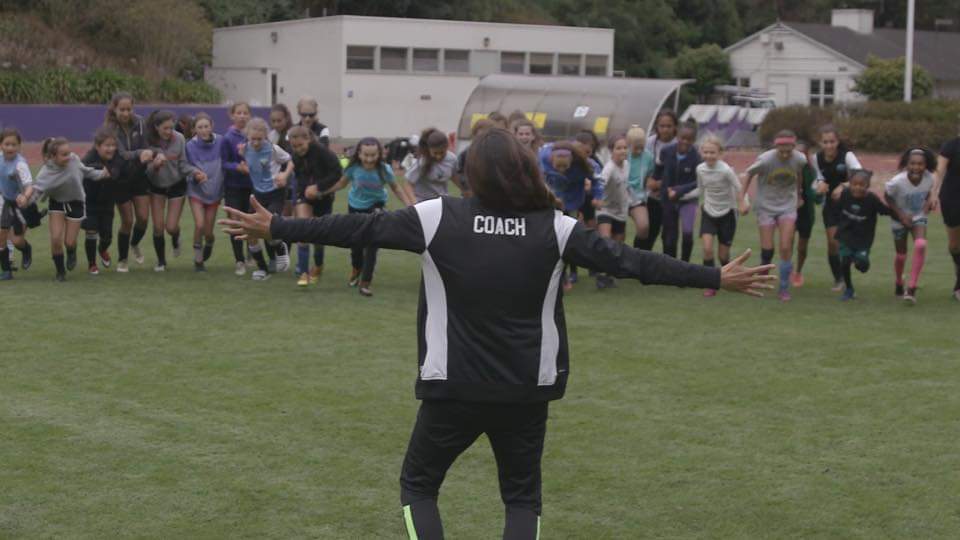
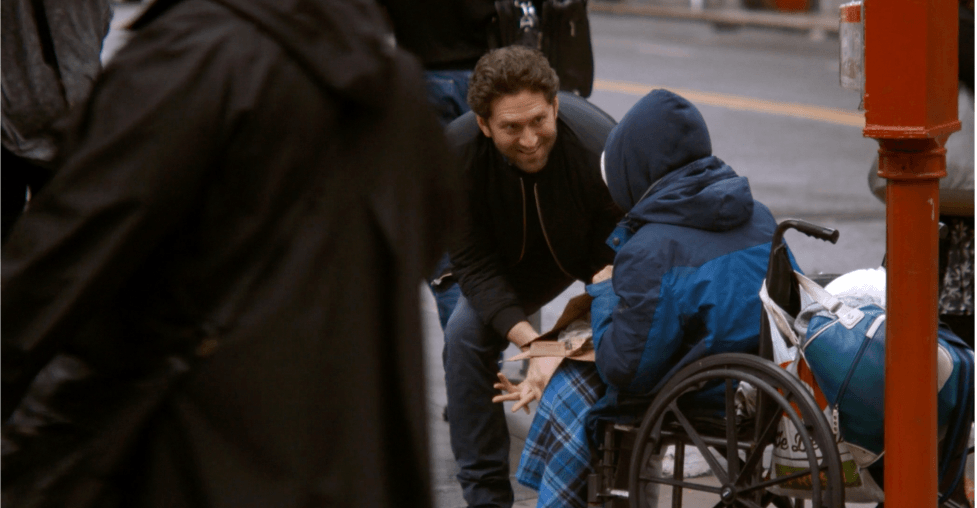
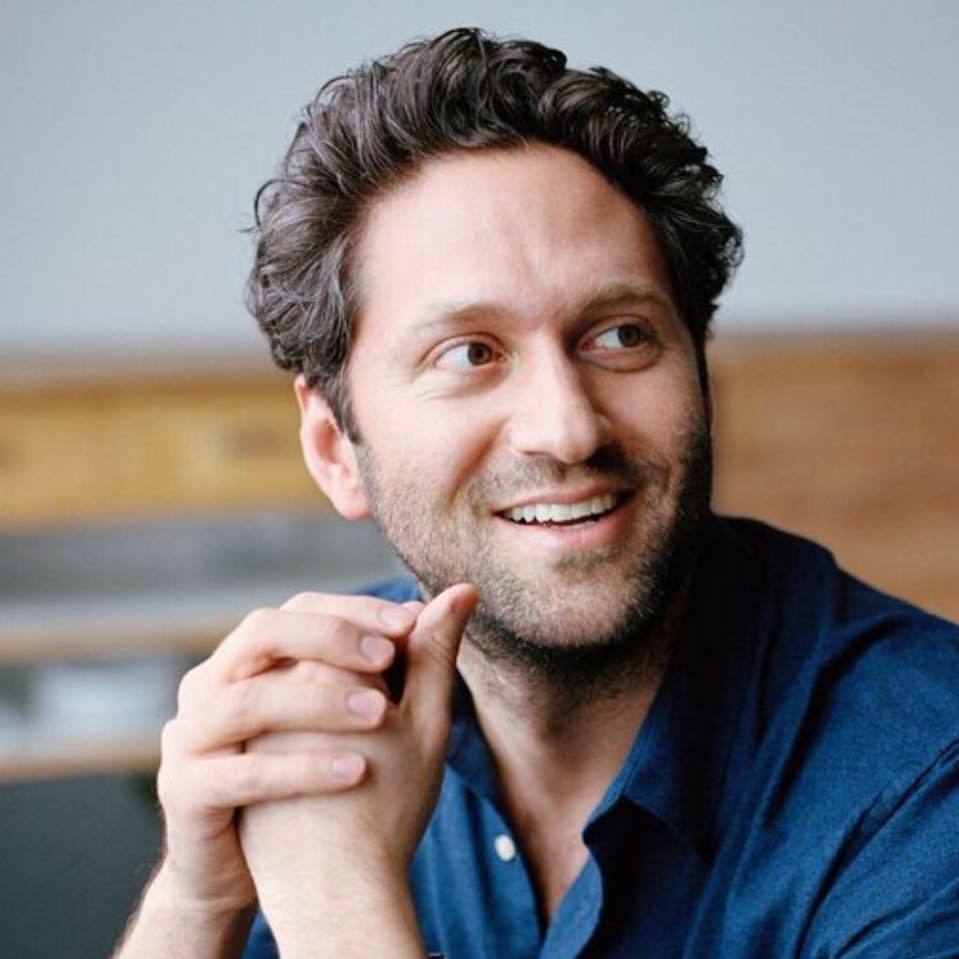
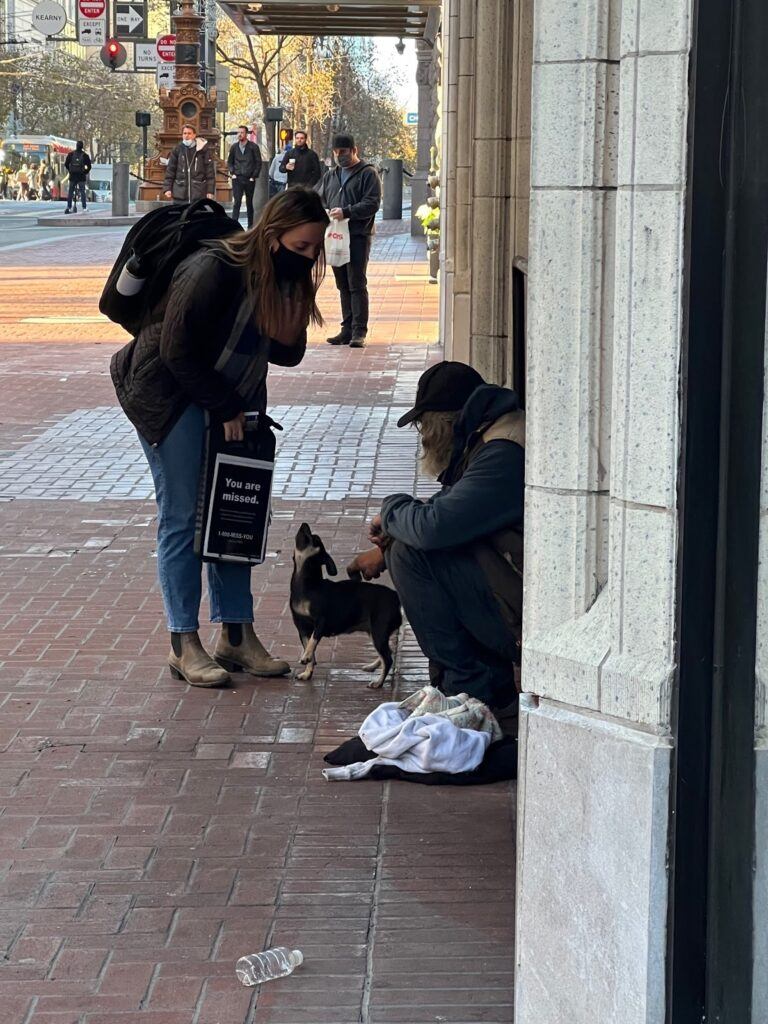
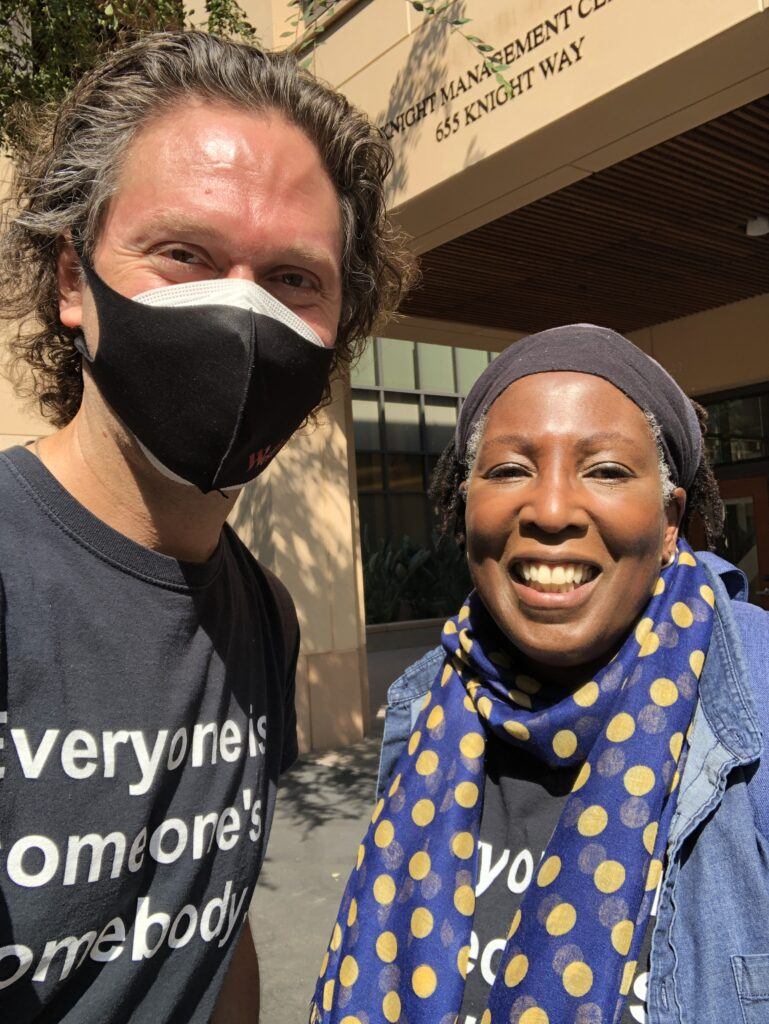
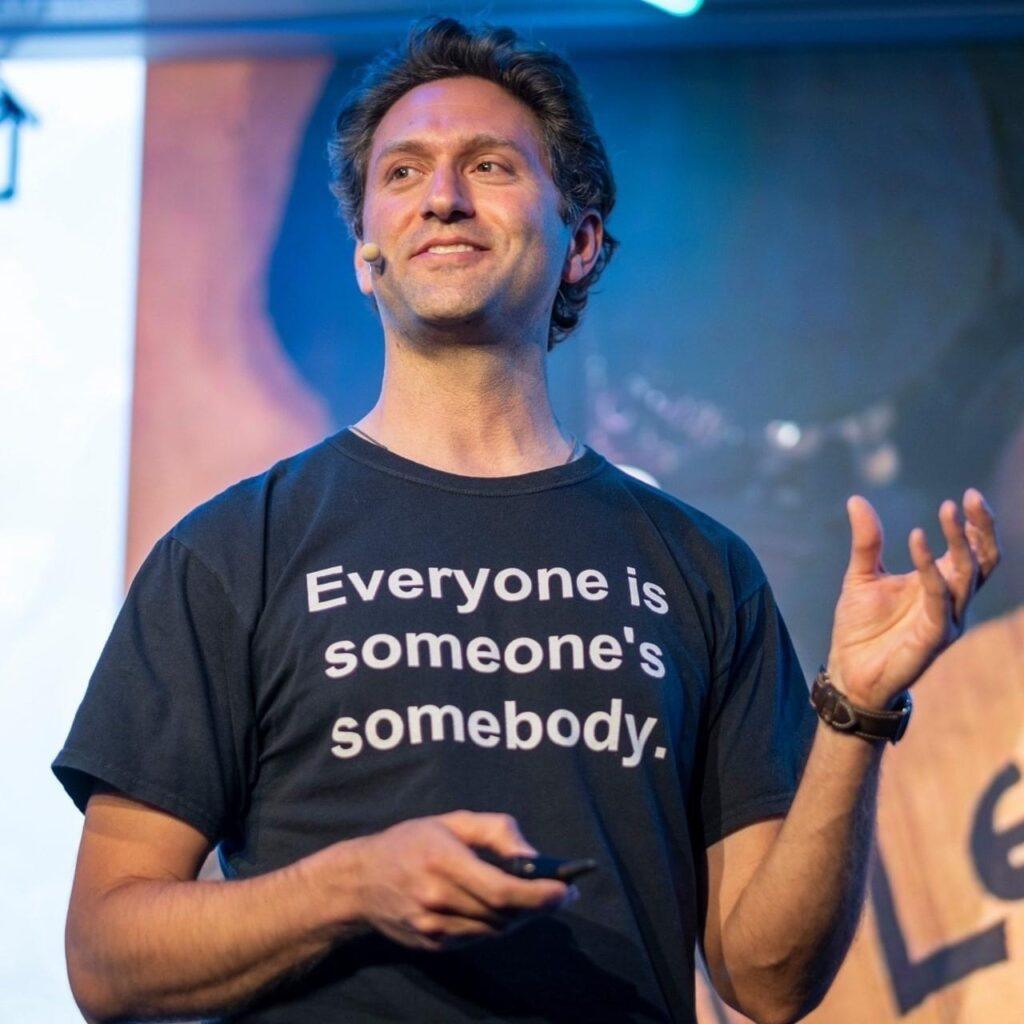
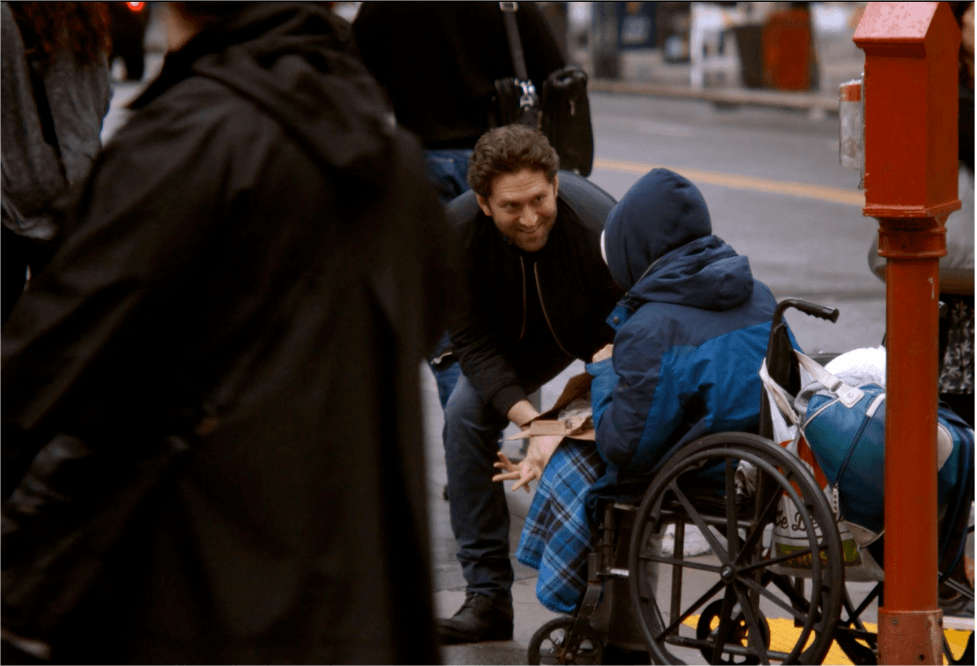
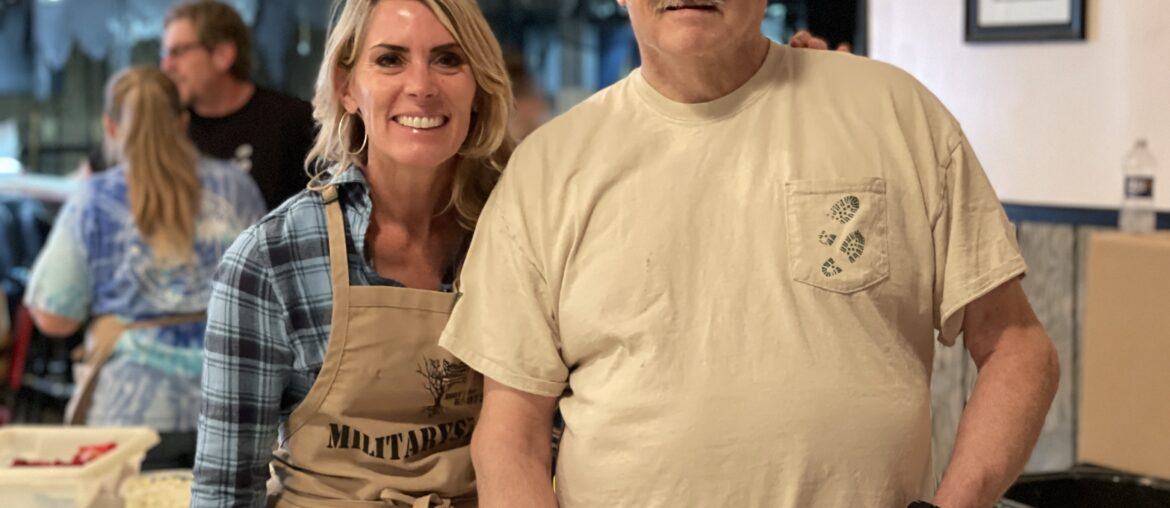
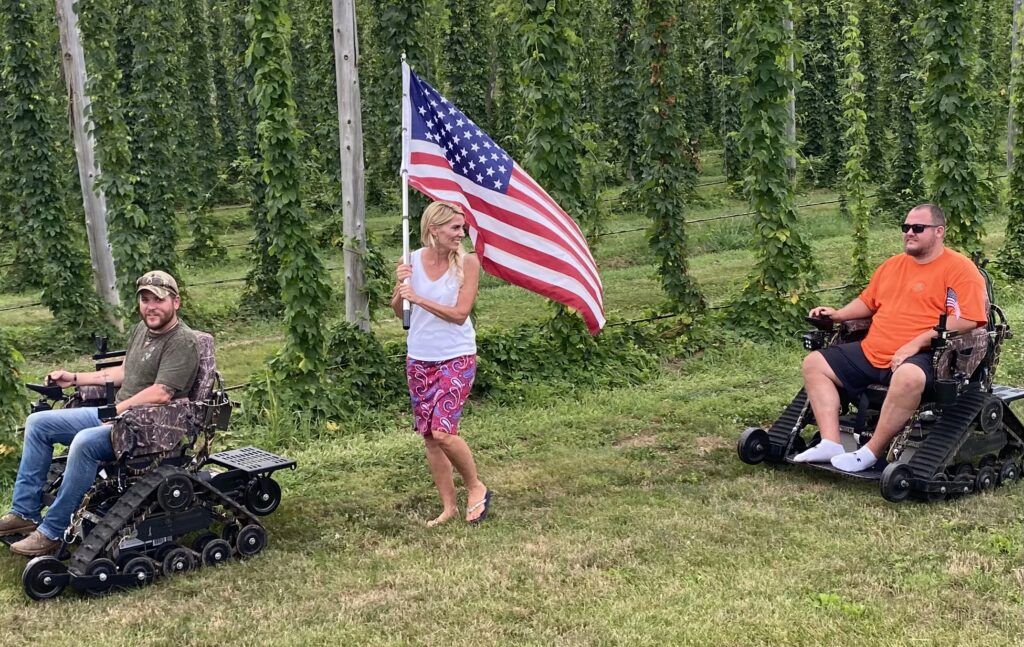
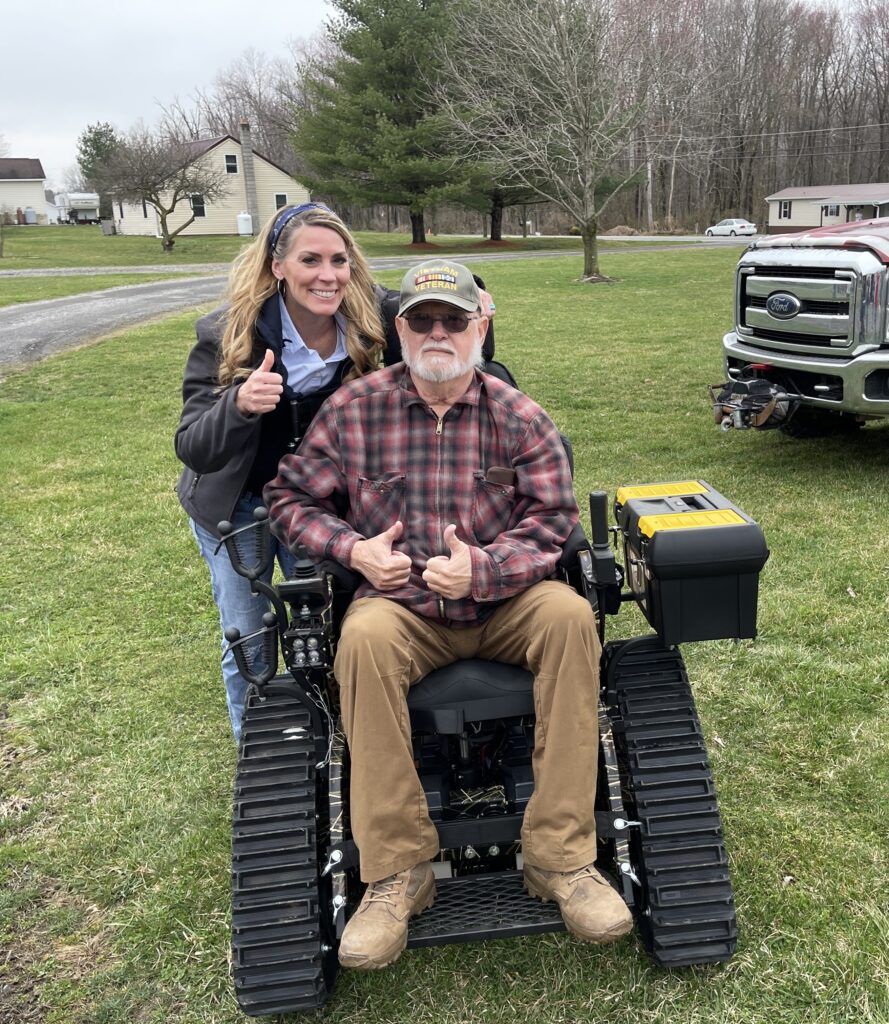
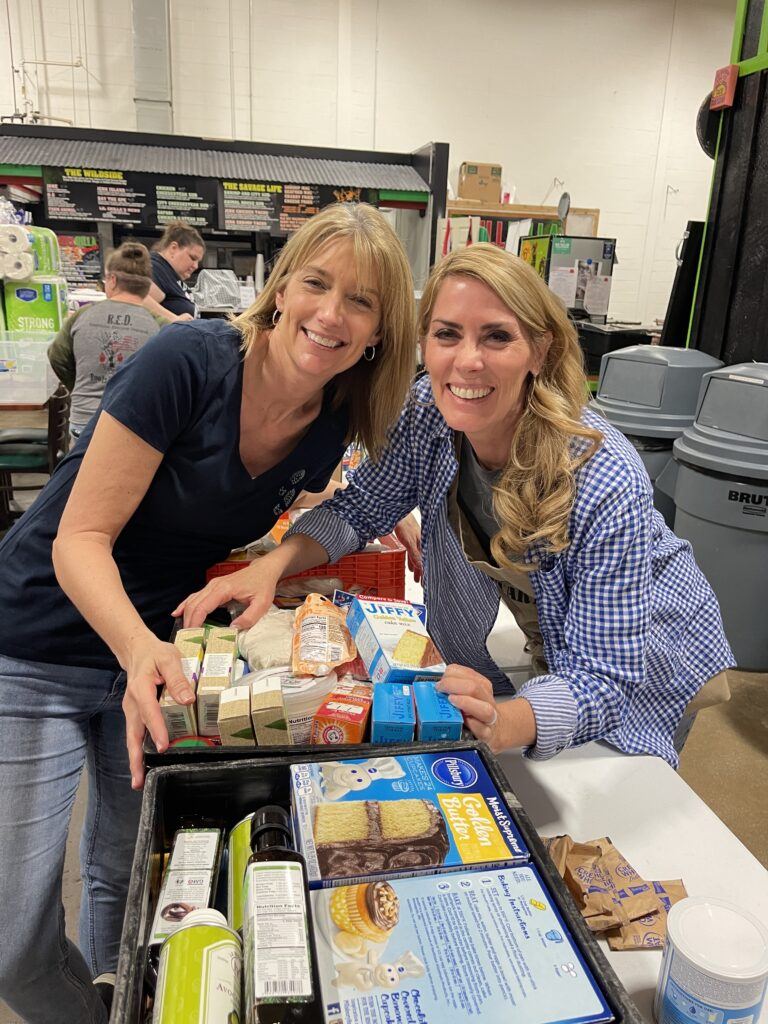
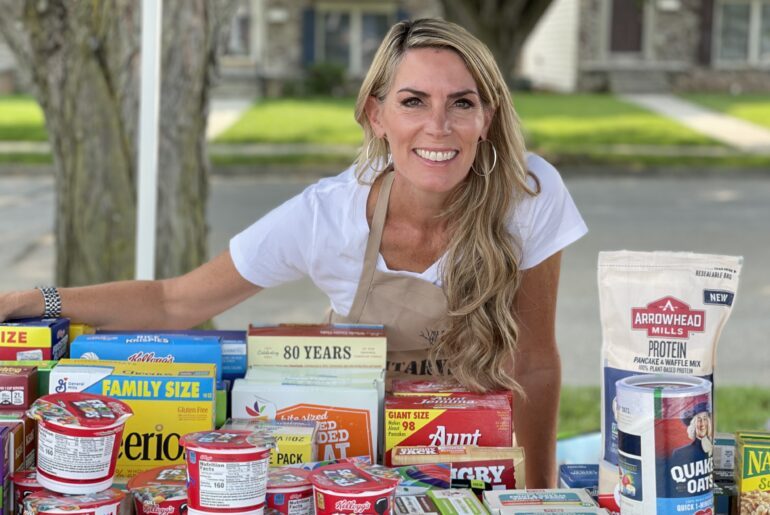
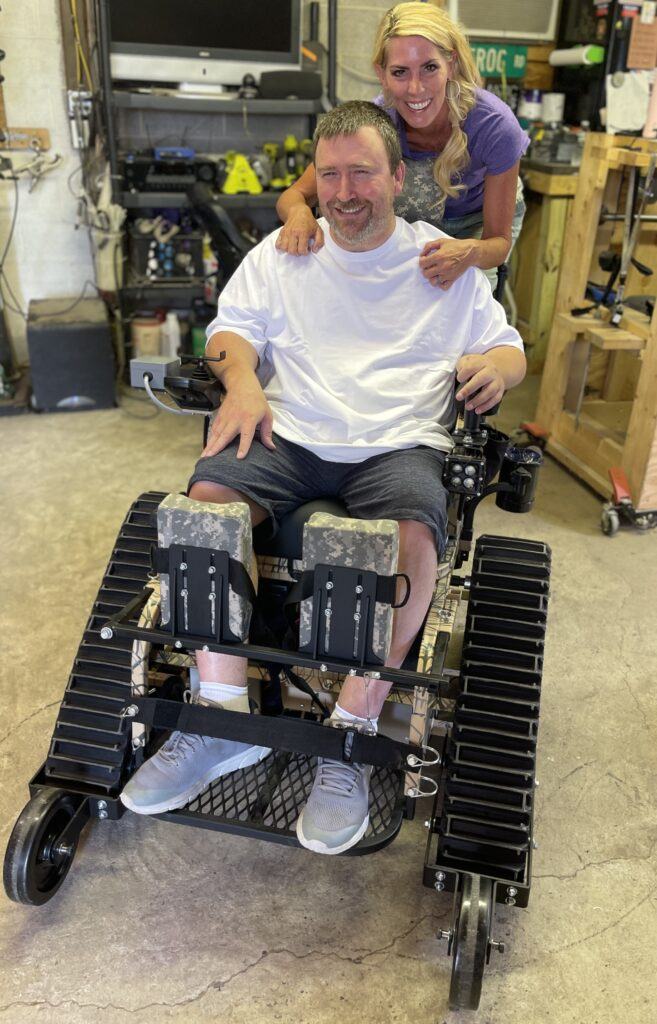
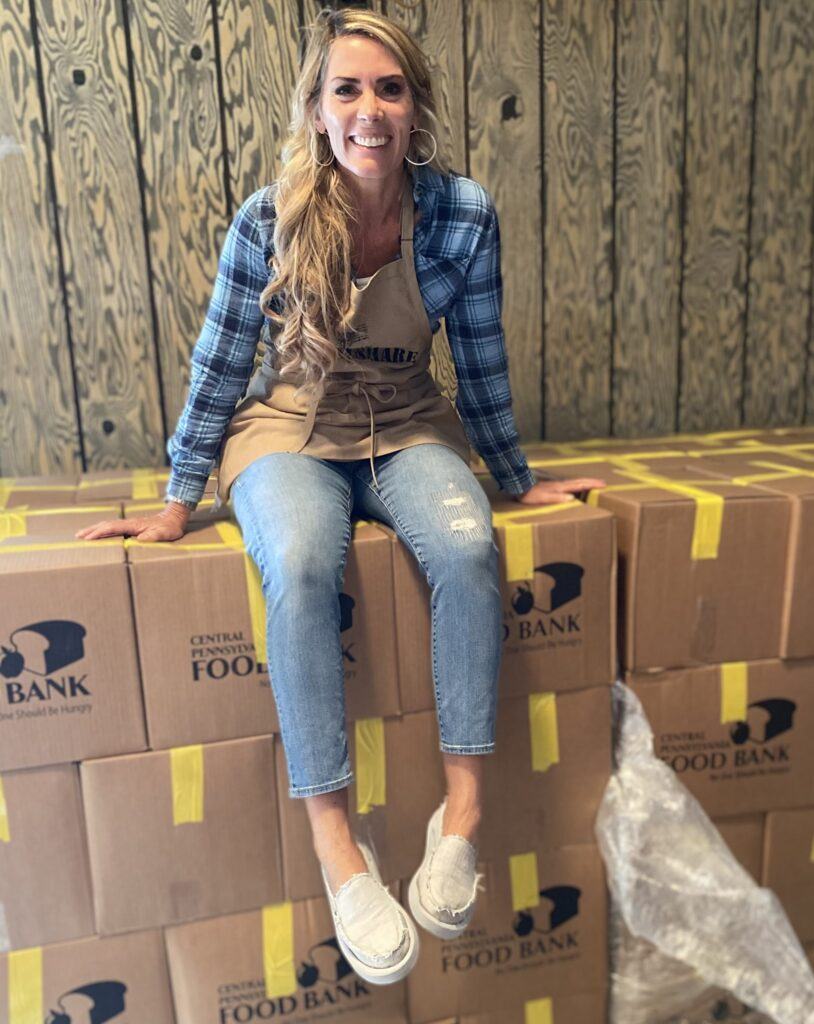
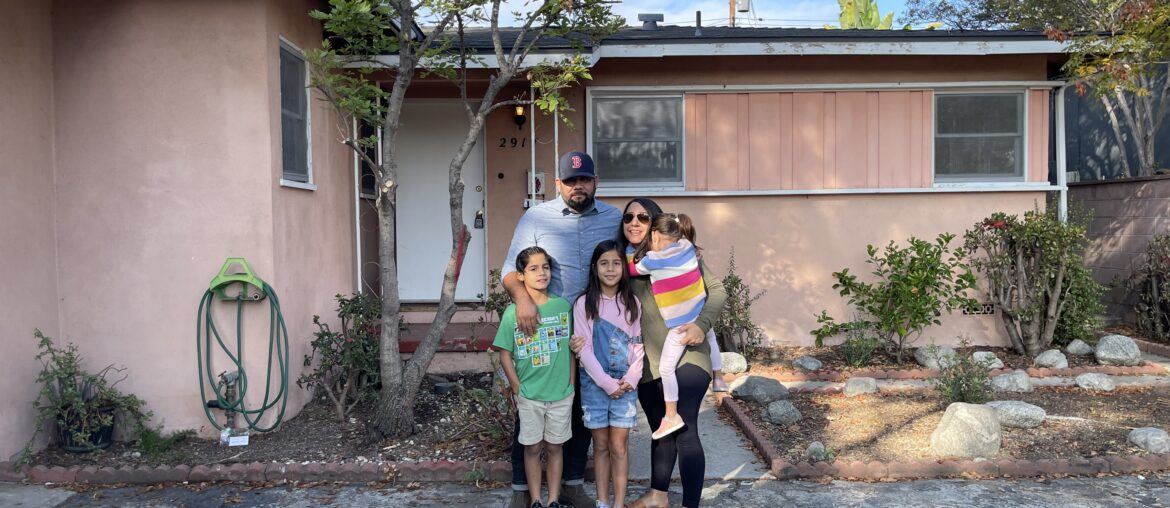

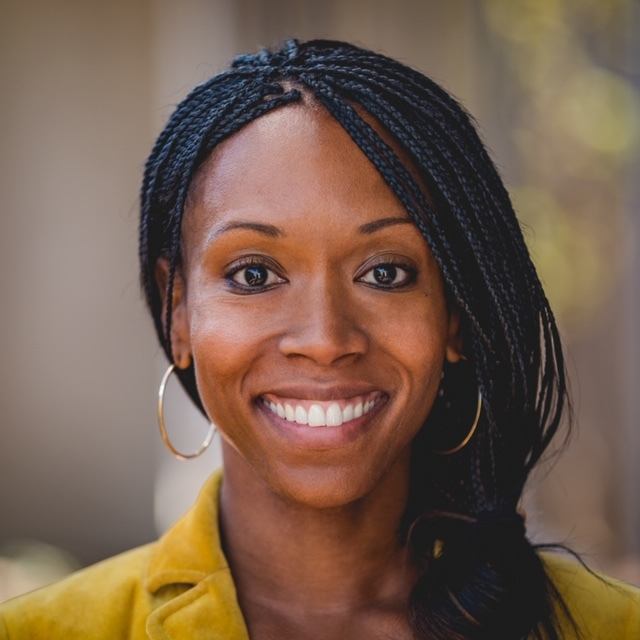
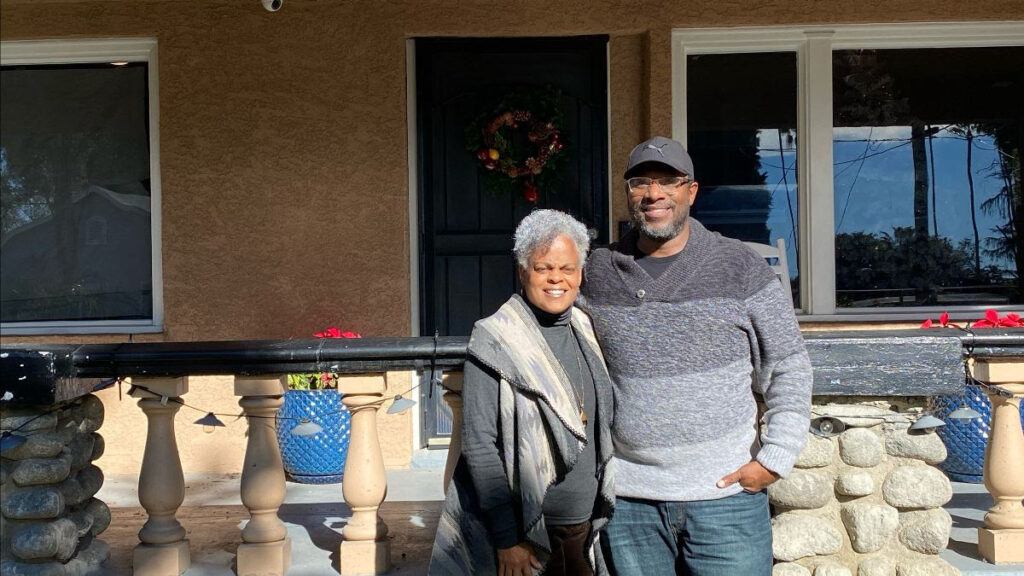
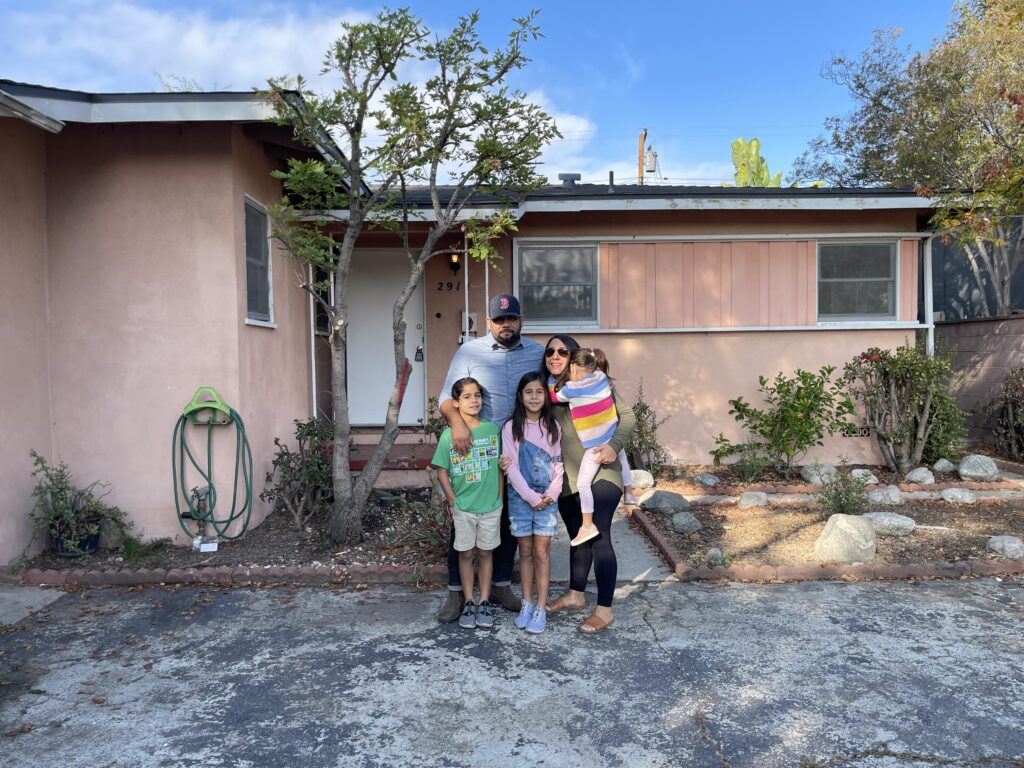
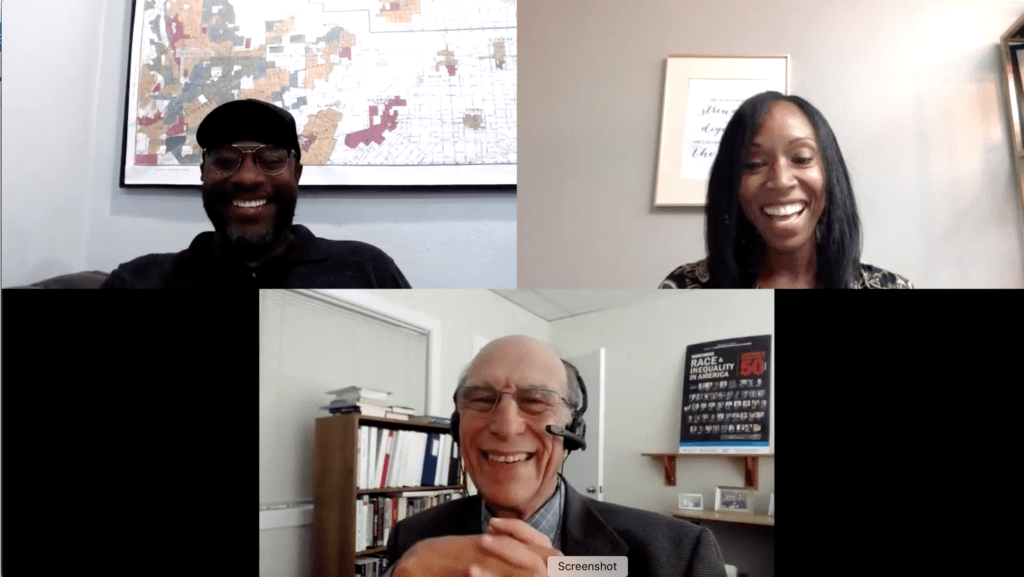
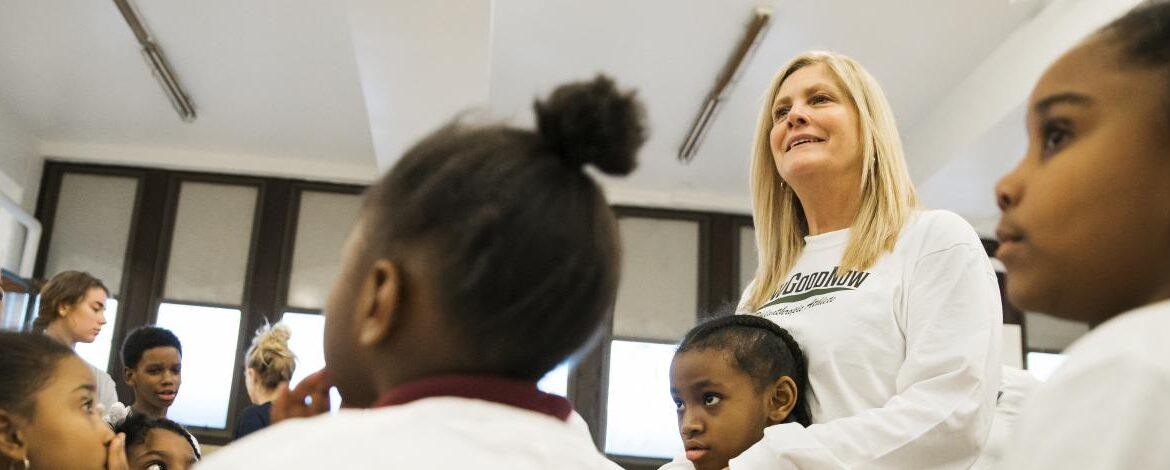
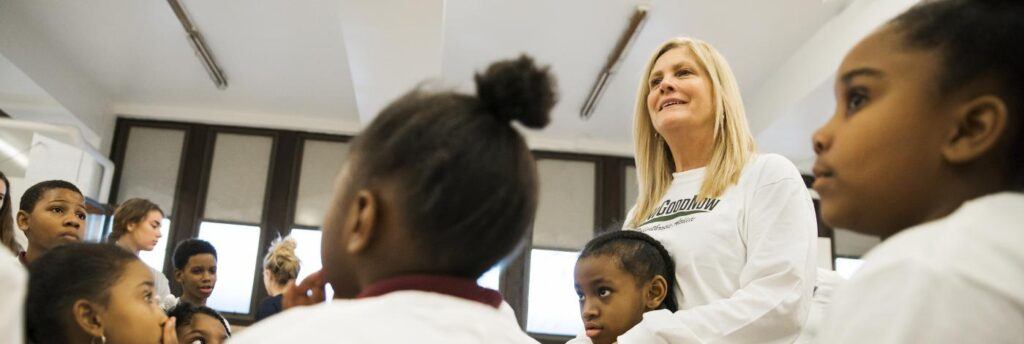
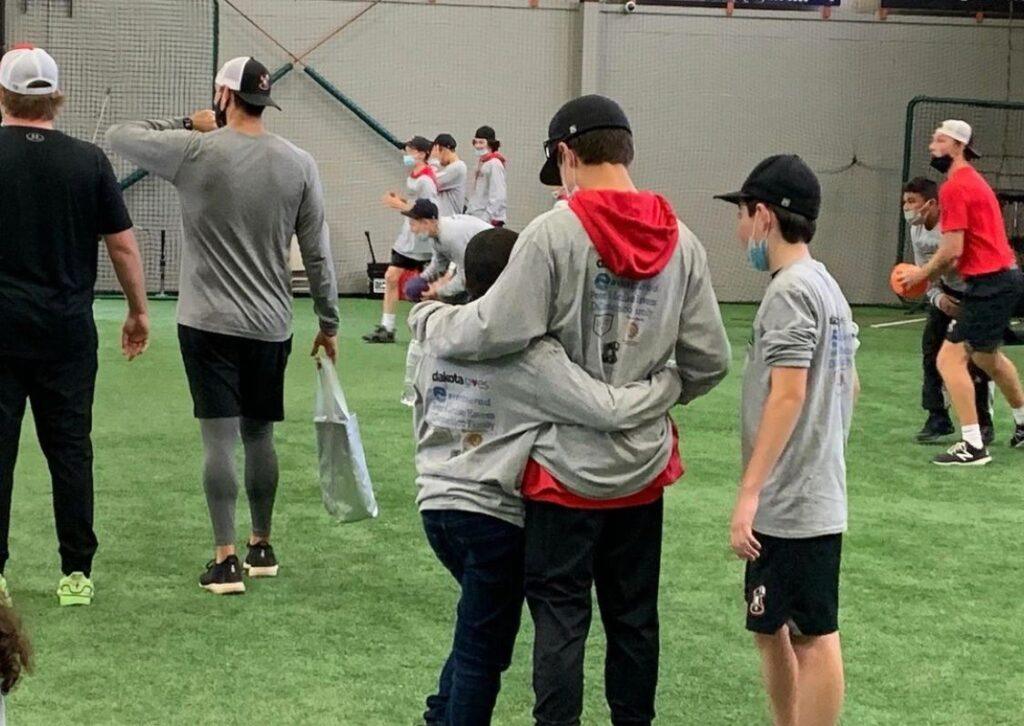
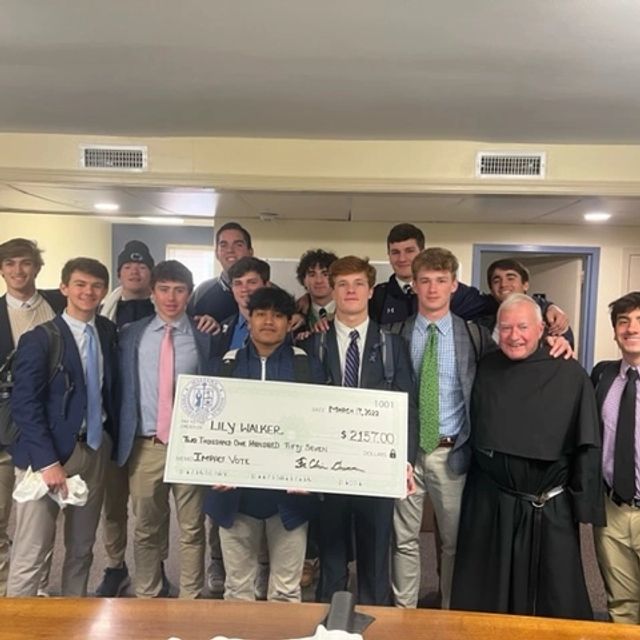
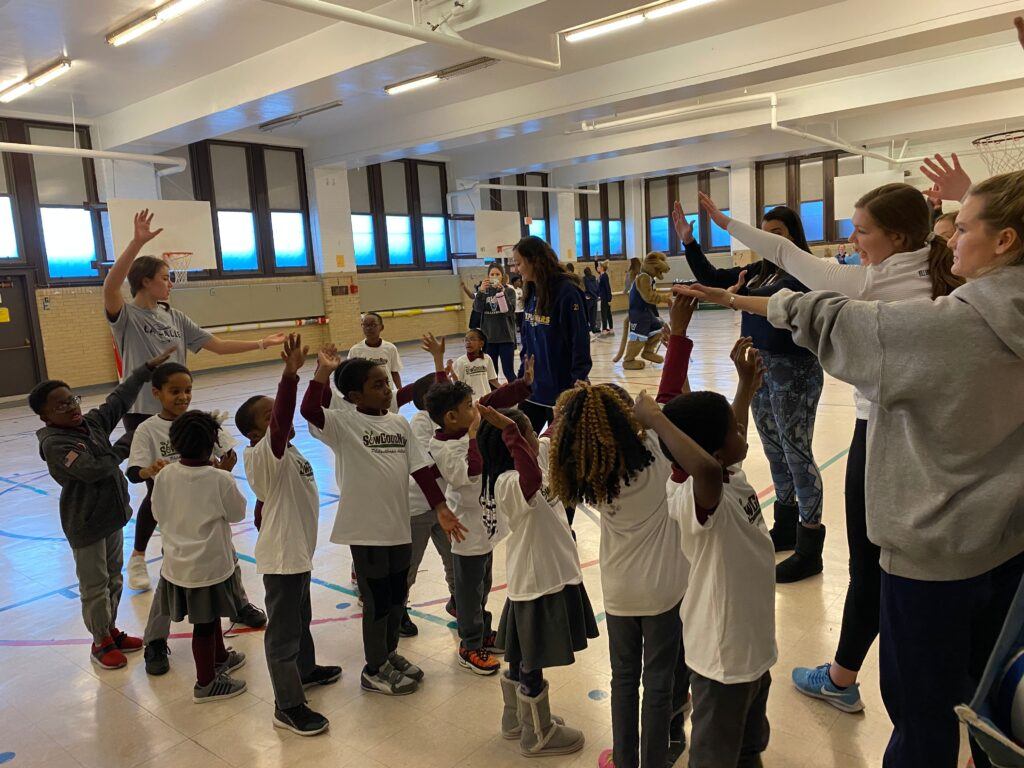
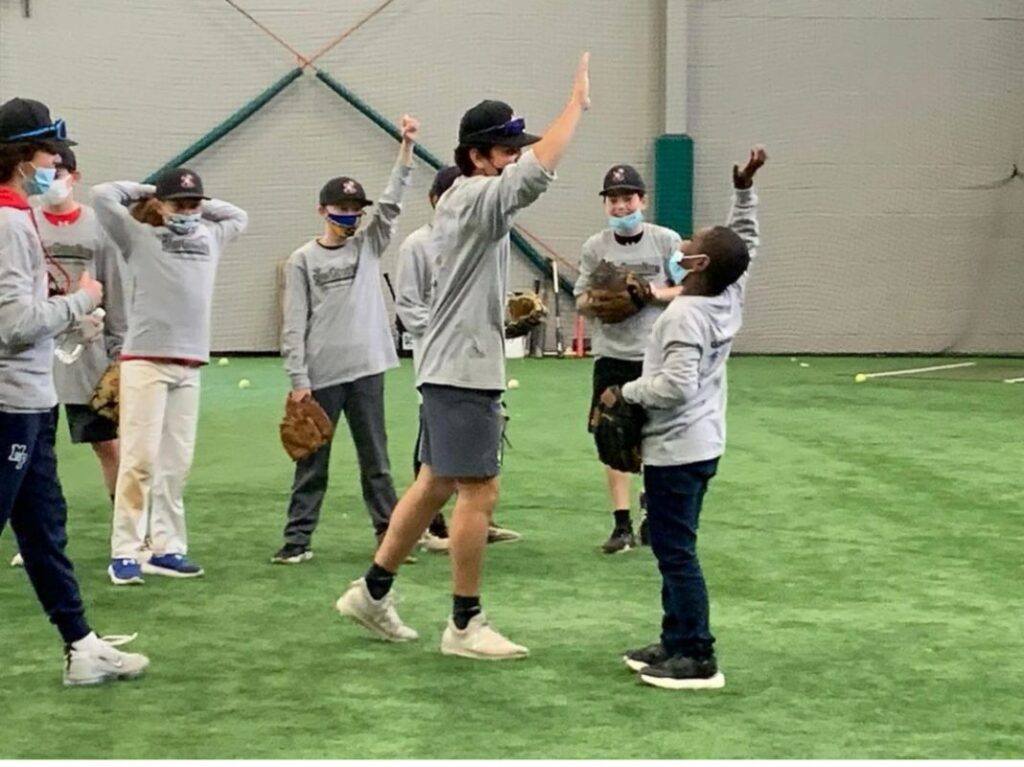
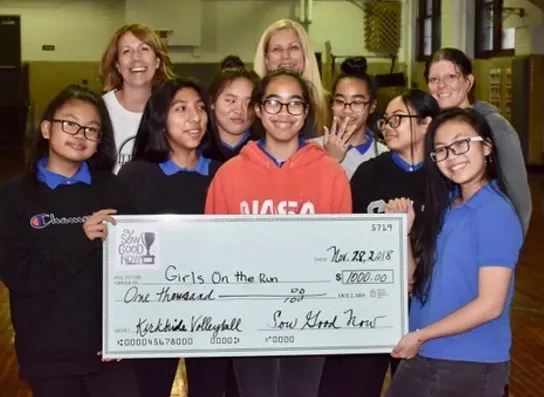

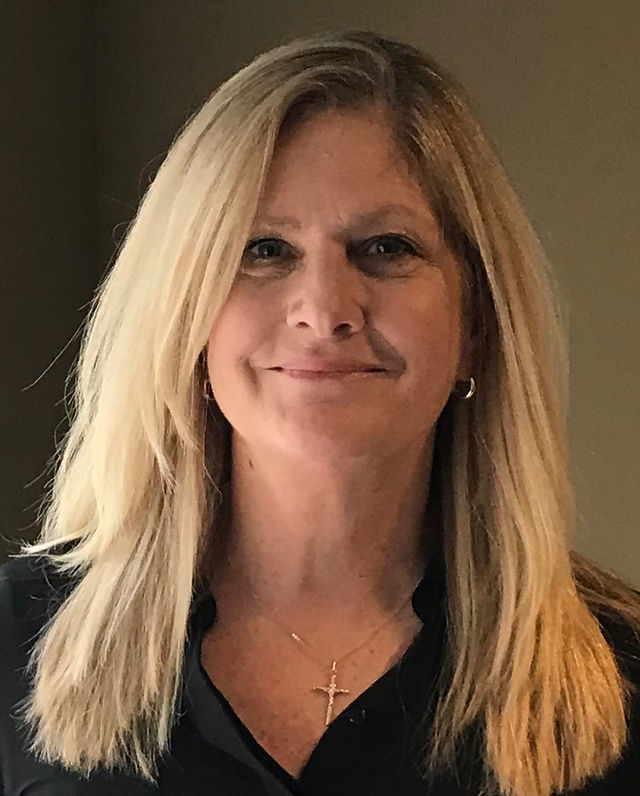
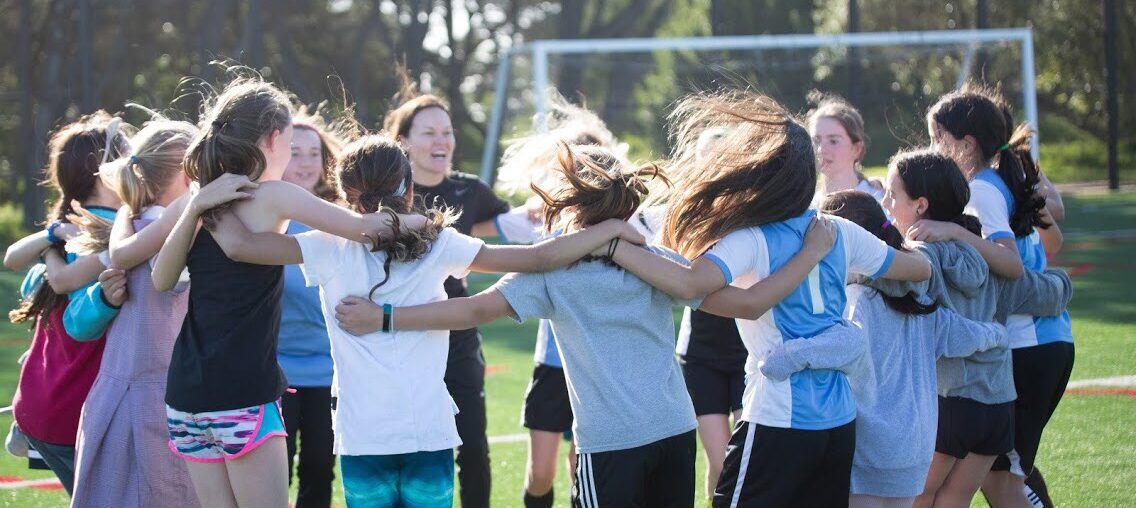
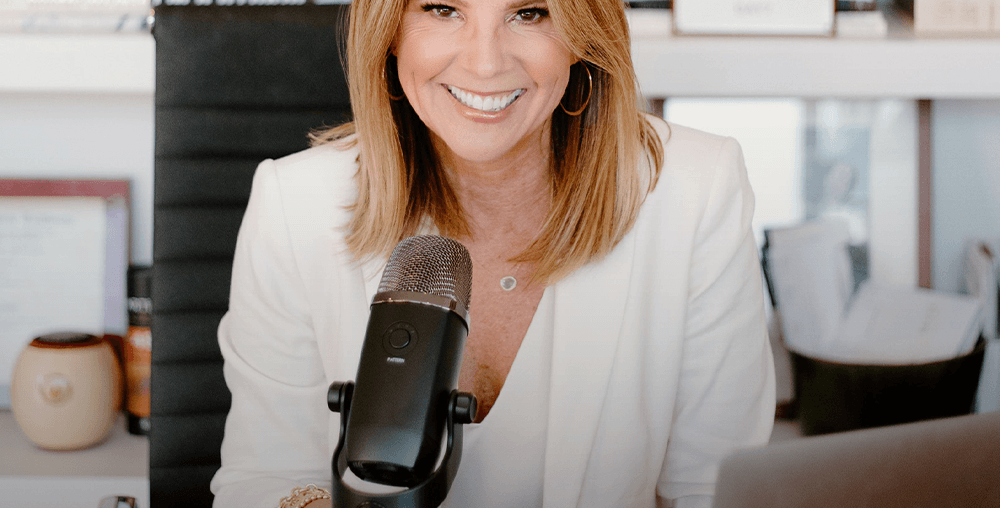
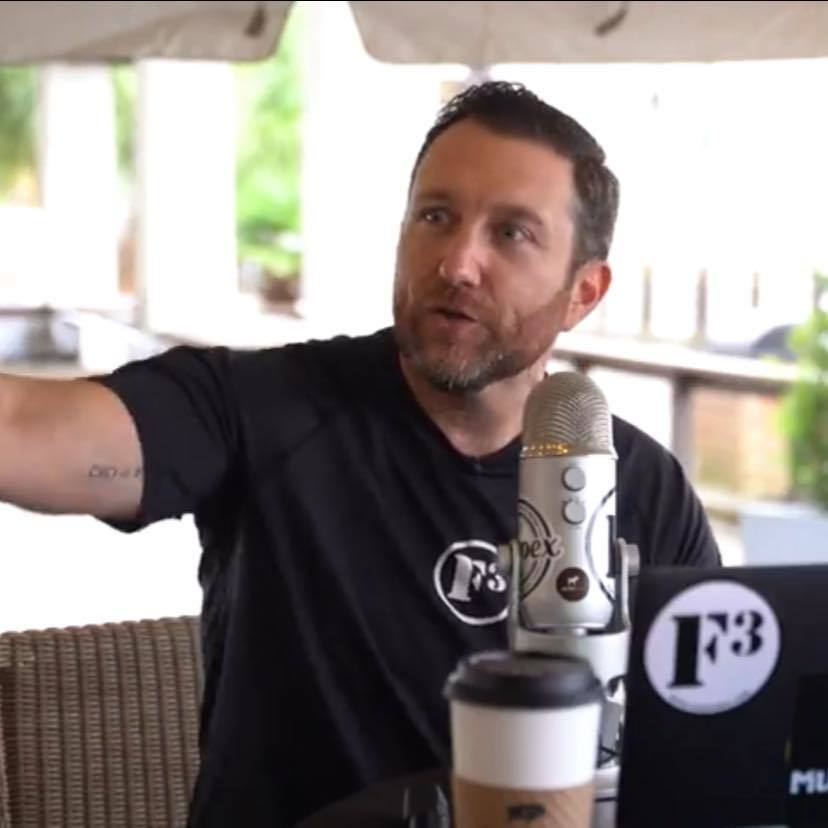
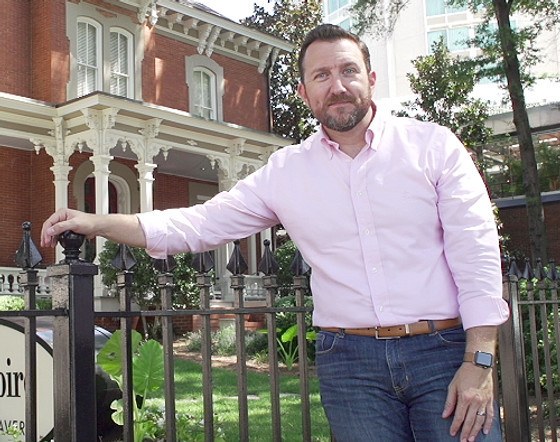 When we all come together and put service before self, we make the world a better place. One person, one podcast, one conversation at a time.
When we all come together and put service before self, we make the world a better place. One person, one podcast, one conversation at a time.